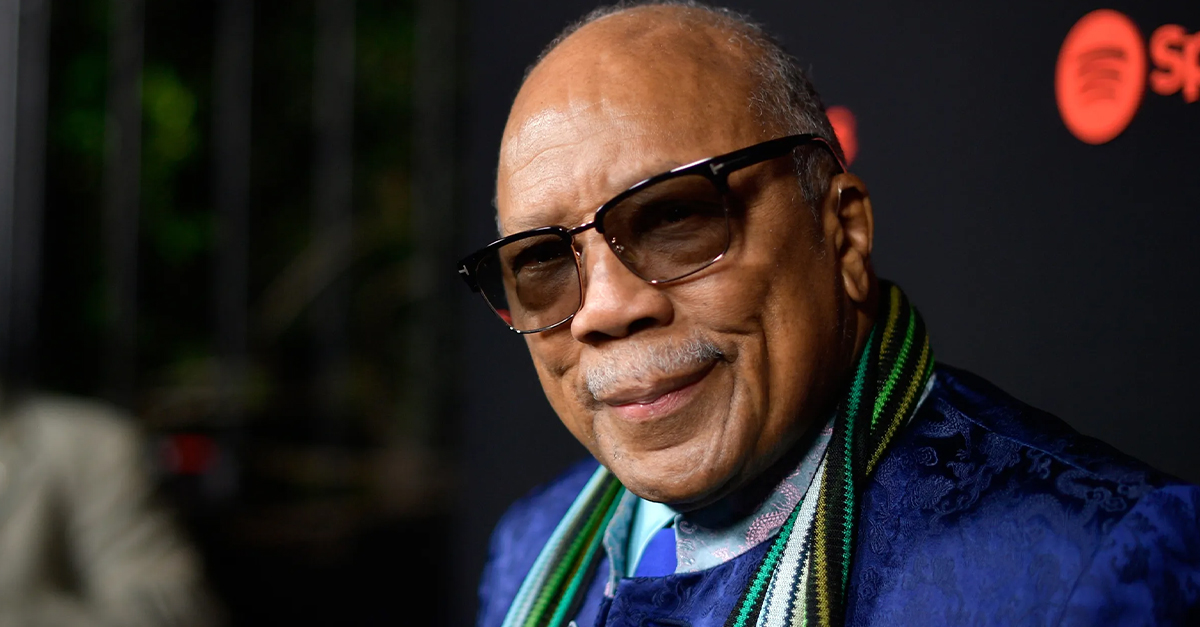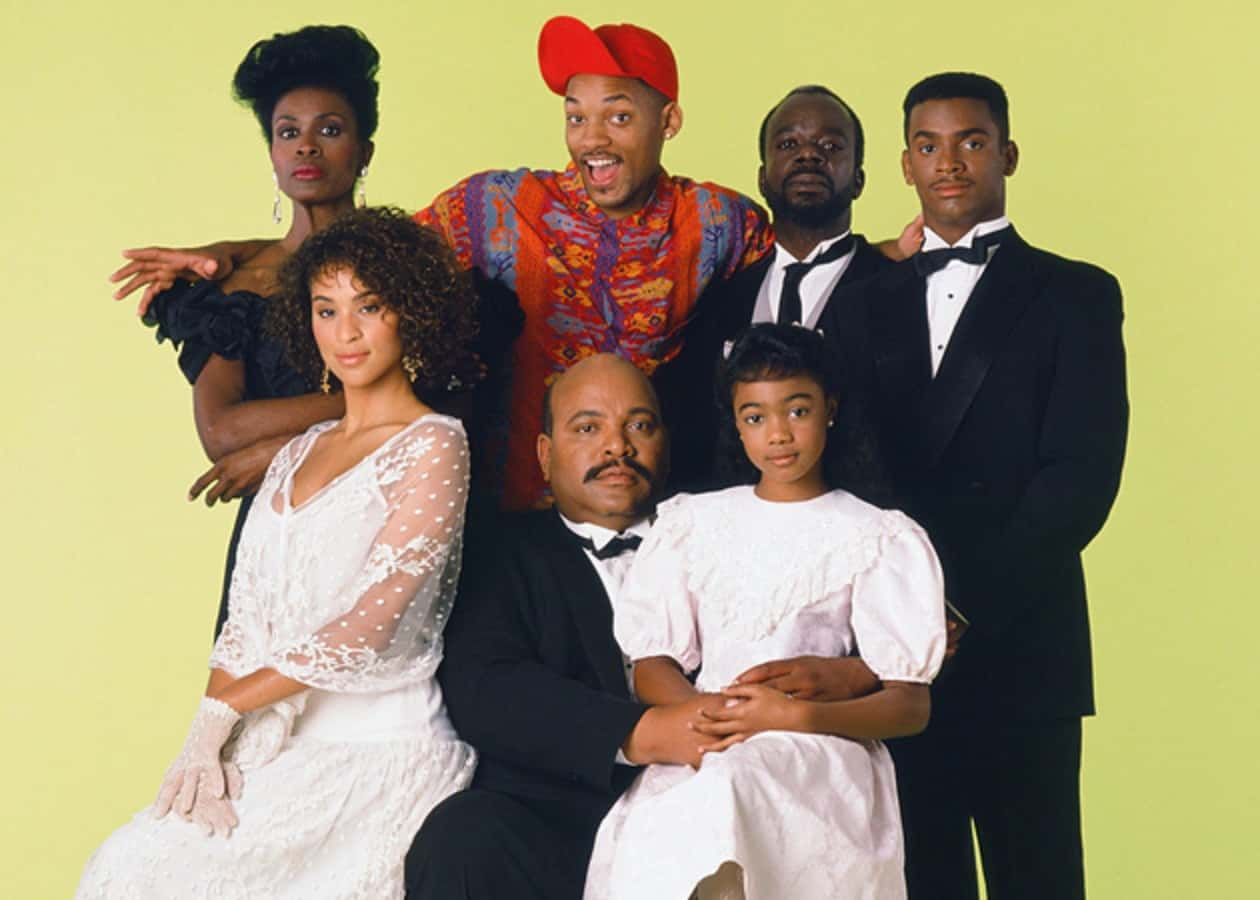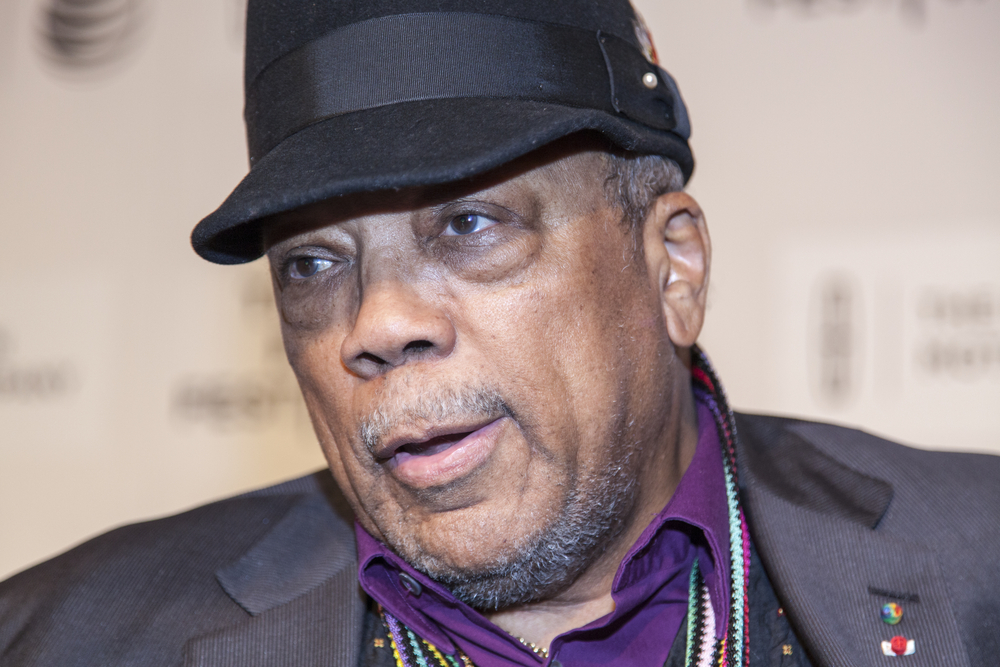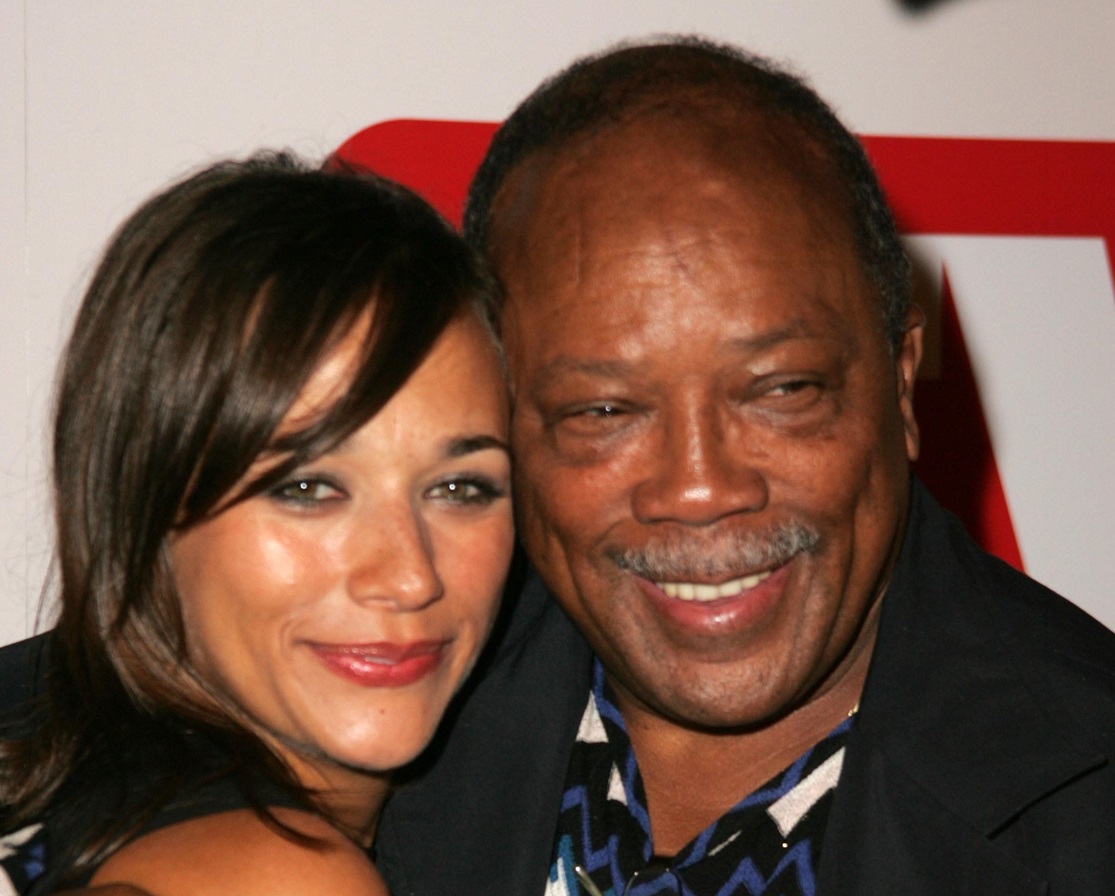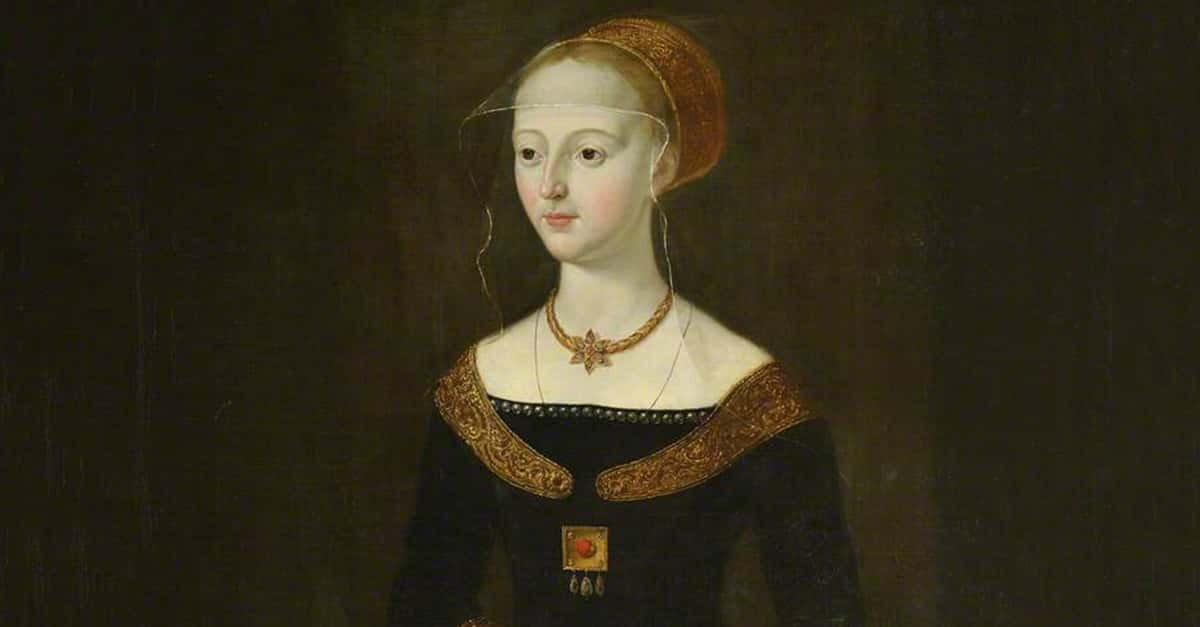For many people, the name Quincy Jones is synonymous with music hard hitters. He was a legend in the industry, but if people knew the wild details of his rise to fame, they might not look at him the same.
1. He Started With Nothing
Born in the South Side of Chicago in the early 1930s, Quincy Jones didn’t have the easiest childhood. In his youth, he witnessed his mom suffer from schizophrenia and end up in a psychiatric institution. His father remarried and the family moved to Washington state. It gave him a fresh start, but still didn’t protect him from a harrowing tragedy.

2. He Crashed
While headed to a rodeo with several of his friends at 14 years old, Jones experienced a tragic accident that changed him forever. A bus collided with the vehicle, and he emerged as the only survivor. He never really got over it, and ultimately never could bring himself to learn to drive. Luckily for him, an artistic outlet soon gave him a fresh way forward.
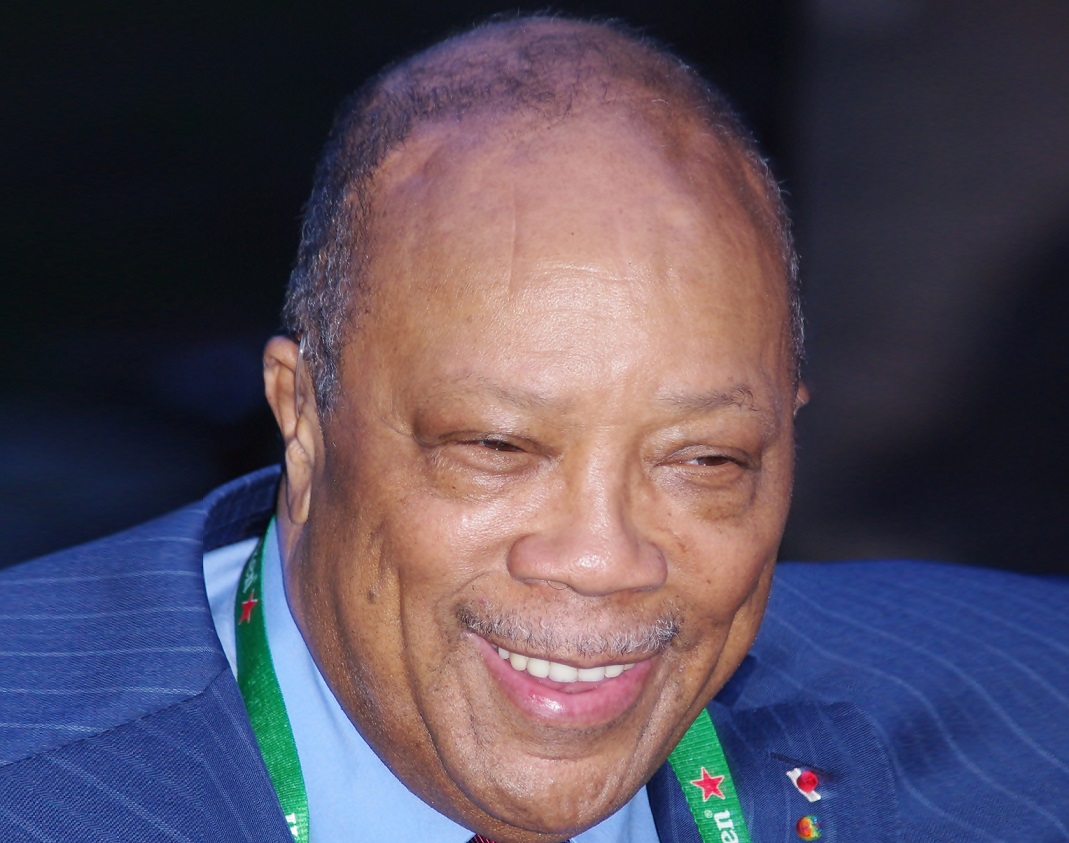 David Shankbone, CC BY 3.0, via Wikimedia Commons
David Shankbone, CC BY 3.0, via Wikimedia Commons
3. He Found His Groove
Jones really started developing his music skills in high school. He played the trumpet and started building up his knowledge of musical arrangement. And even in those early years, people started taking notice of his extraordinary talent. That included one of his music idols, Ray Charles—though meeting him didn't quite go like Jones thought it might.
 Los Angeles Times, CC BY 4.0, Wikimedia Commons
Los Angeles Times, CC BY 4.0, Wikimedia Commons
4. He Almost Got Hooked
Although Ray Charles boasted critical acclaim for his musical prowess at the time, he also struggled with a serious substance addiction. When he met Jones, who was only 15 years old at the time, Charles offered him some of his stash. Jones tried it out, and kept trying it out. Thankfully, he ditched it after a few months—just in time for a life changing meet-cute.
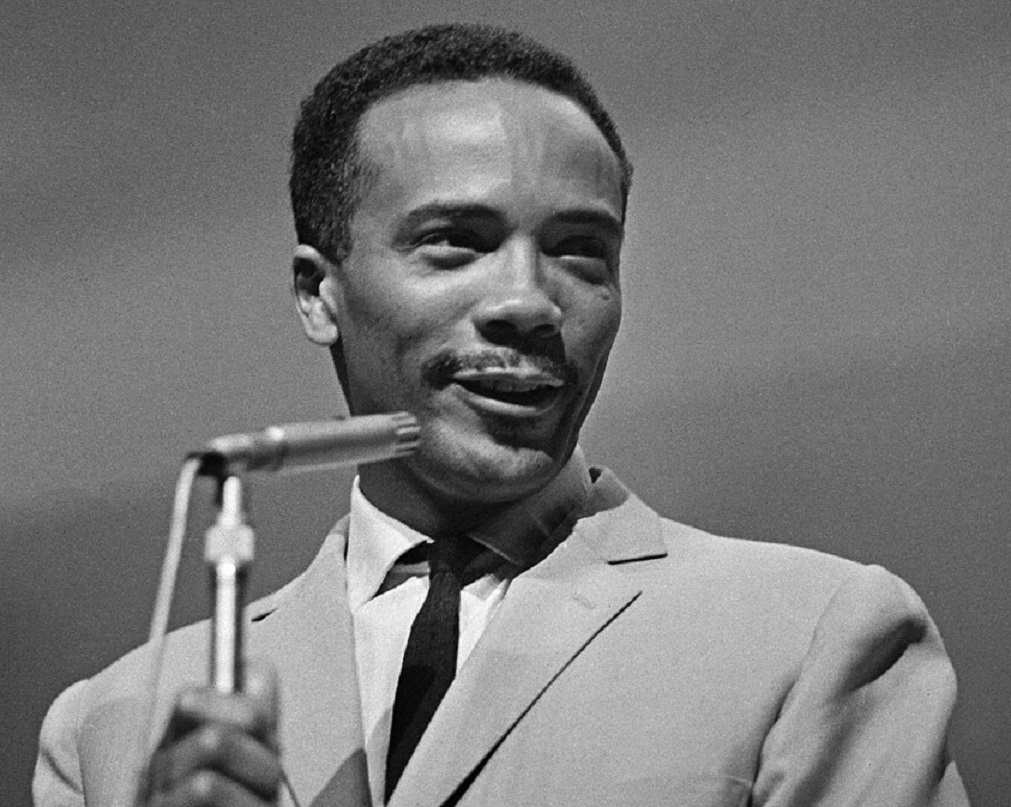 Finnish Heritage Agency, CC BY 4.0, Wikimedia Commons
Finnish Heritage Agency, CC BY 4.0, Wikimedia Commons
5. He Caught Her Eye
While attending Garfield high school in the late 1940s, Jones caught the eye of one of his classmates, Jeri Caldwell. According to her, she basically fell in love at first sight. She pursued him, and the two began a romantic relationship. But the course of love never did run smooth, and the case of Jones and his new White girlfriend were no exception.
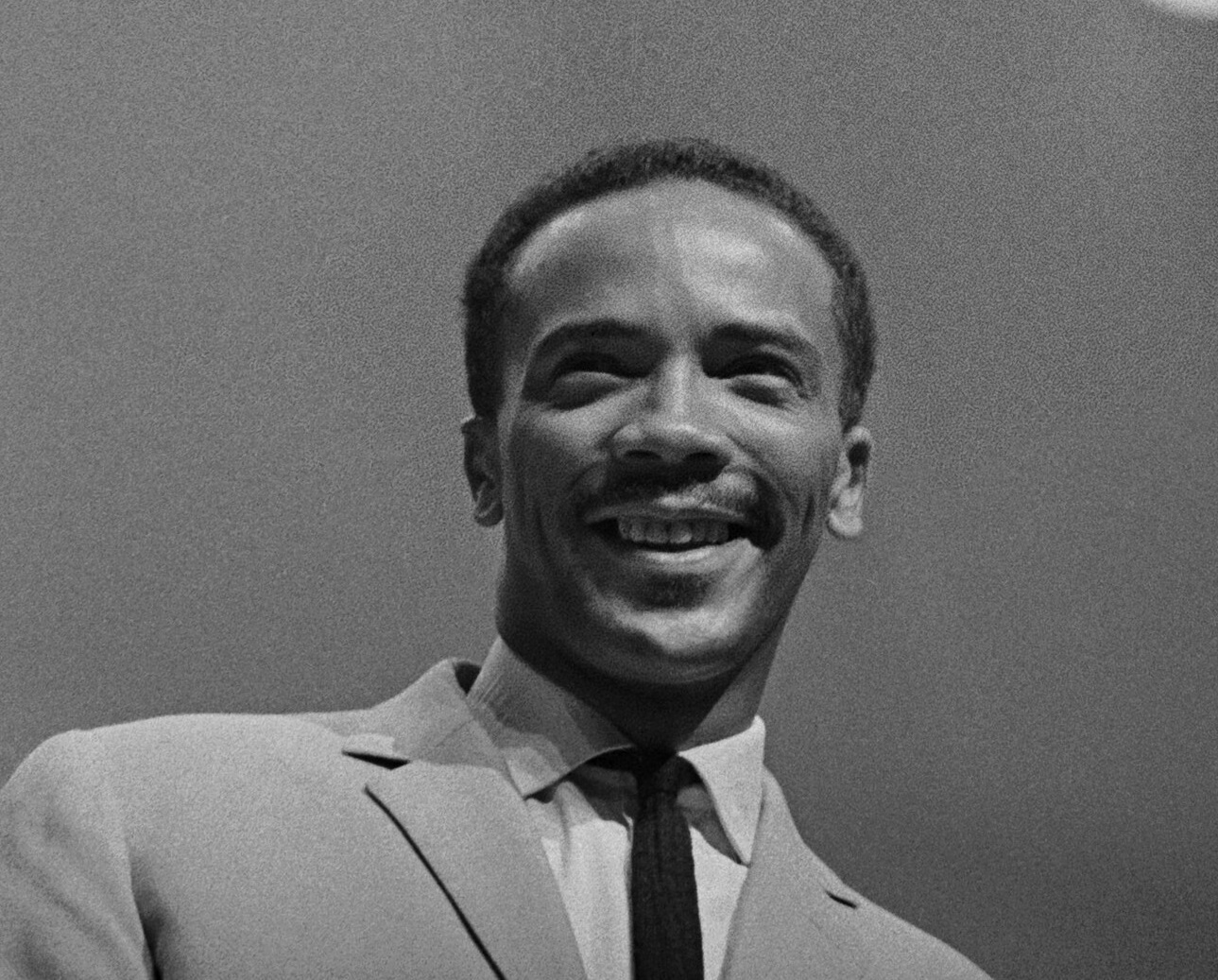 Finnish Heritage Agency, CC BY 4.0, Wikimedia Commons
Finnish Heritage Agency, CC BY 4.0, Wikimedia Commons
6. They Didn’t Approve
They began their relationship well before the United States Civil Rights era of the 1960s, which may help explain Caldwell’s parents’ initial reaction to Jones. They didn’t want their daughter dating a Black man. Luckily, they came around after they actually met him, and just in time for a likely unexpected addition to the family.
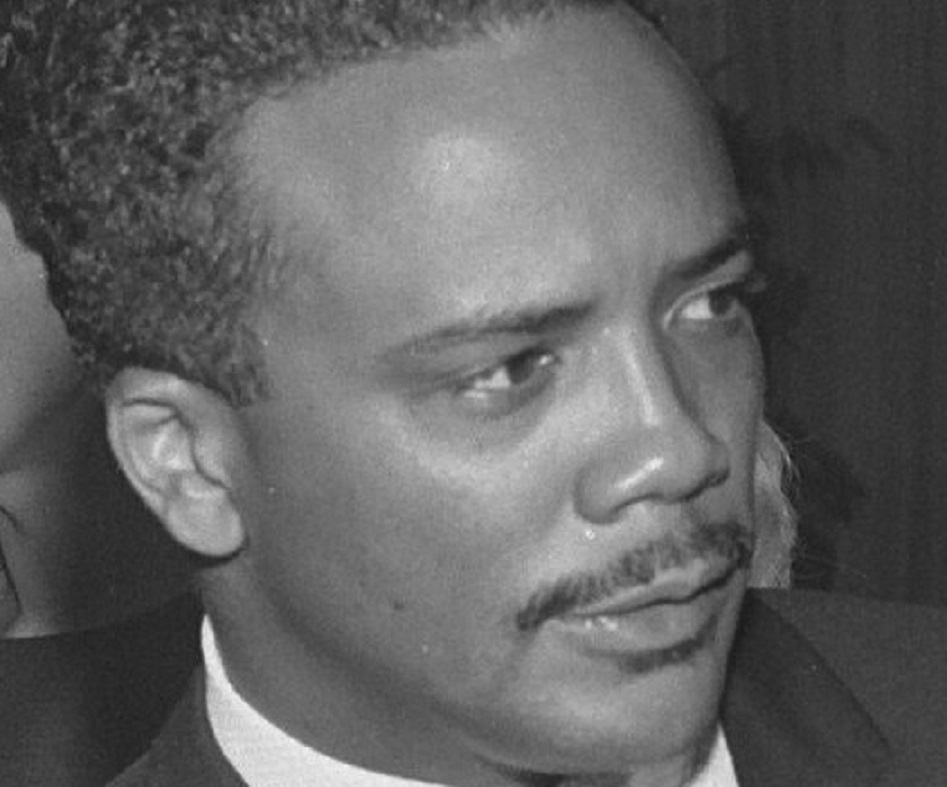 Eric Koch for Anefo, Wikimedia Commons
Eric Koch for Anefo, Wikimedia Commons
7. They Got Busy
In 1953, Caldwell birthed Jones’ first child. Considering the tension around equality and conservative American values that prevailed at that time, his in-laws probably didn’t feel too excited about their first grandchild born out of wedlock. But Jones had bigger fish to fry, and he didn’t mind leaving his new family behind to do it.
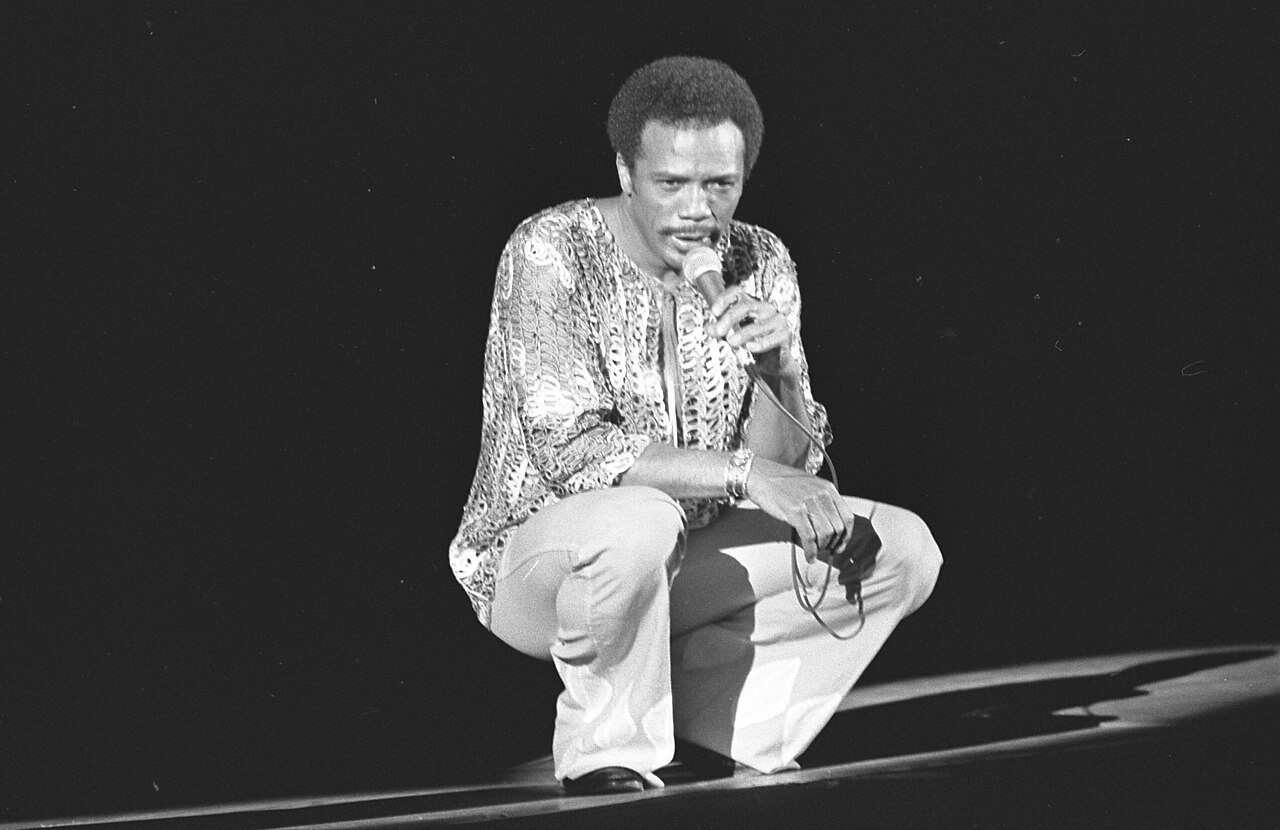 Los Angeles Times, CC BY 4.0, Wikimedia Commons
Los Angeles Times, CC BY 4.0, Wikimedia Commons
8. He Chose His Career
Jones actually missed the birth of his firstborn, which added even more tension to the already strained relationship with Caldwell. Instead of staying home with his pregnant wife, he went on a tour with a jazz band musician in Europe. And though he didn’t earn any brownie points at home, it turned out to be just the right move for his career.
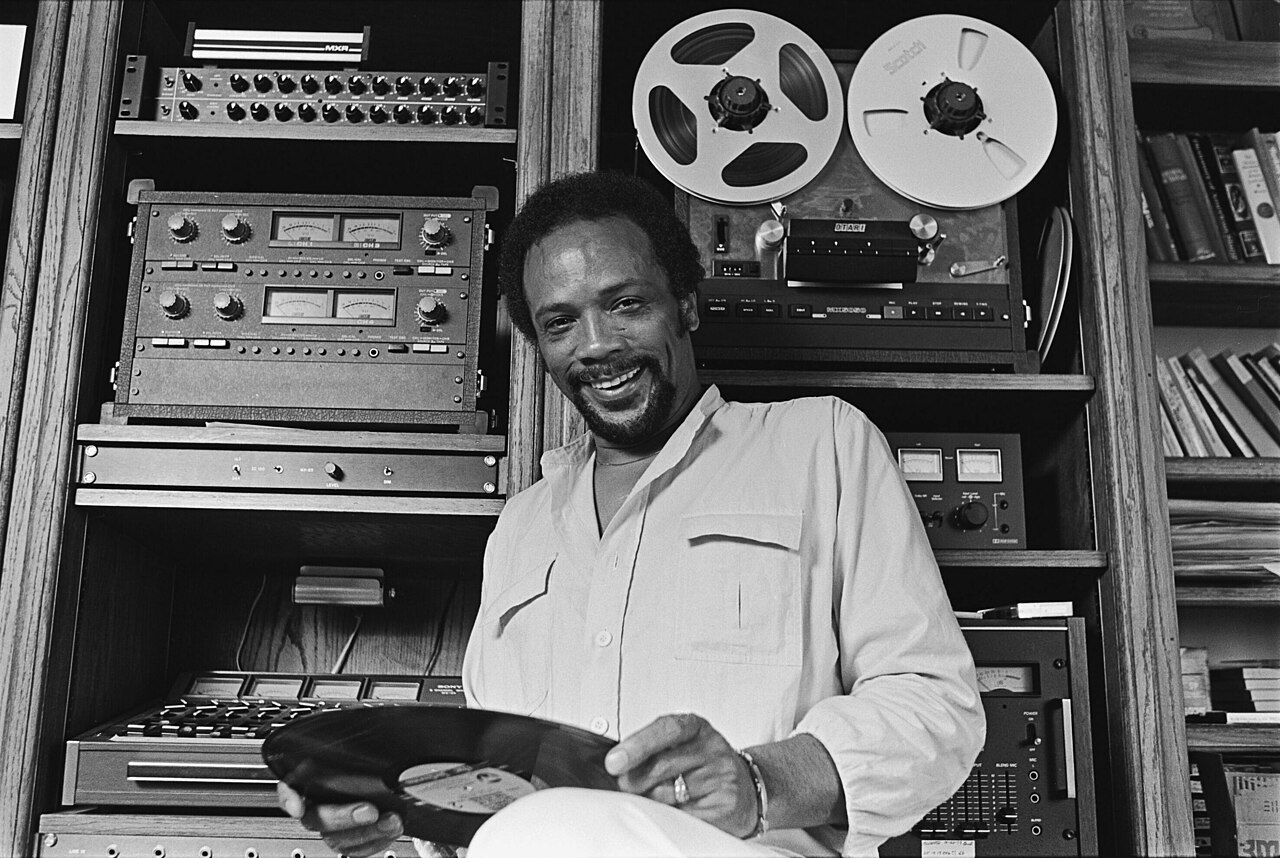 Los Angeles Times, CC BY 4.0, Wikimedia Commons
Los Angeles Times, CC BY 4.0, Wikimedia Commons
9. He Moved On Up
The mid to late 1950s saw Jones' status as a musician slowly start to rise. He continued to play trumpet, but began to get more recognition as a music director. He even found work with big names like Elvis Presley and Dizzy Gillespie. Interestingly enough, it seems like the boost in his career inspired him to make progress back at home too…
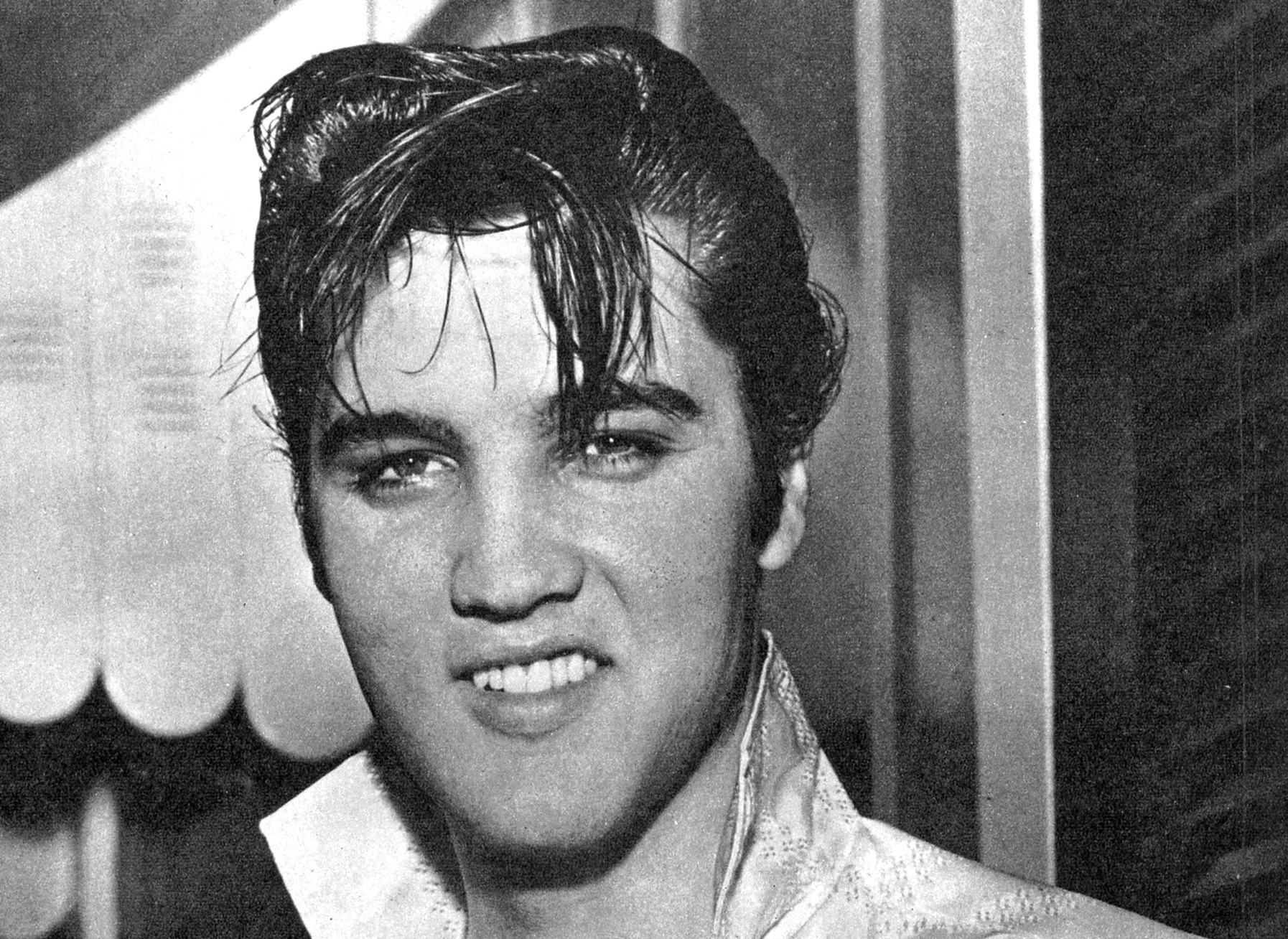 Rossano aka Bud Care, CC BY 2.0, Wikimedia Commons
Rossano aka Bud Care, CC BY 2.0, Wikimedia Commons

History's most fascinating stories and darkest secrets, delivered to your inbox daily.
10. He Tied The Knot
Jones made an honest woman of his baby mama in 1957 when the two married. But that didn’t necessarily improve things. By his own admission, he fancied himself a bit of a ladies man, and didn’t remain faithful to Caldwell before or after their marriage. And unfortunately for him, married life didn’t prove to be the only thing he failed at.
11. He Flopped
With his new found recognition, Jones attempted to get his own jazz band together, dubbing them The Jones Boys. He took the band on tour both at home and in Europe. Audiences loved them, and critics gave great reviews. But they failed to recoup their money, and soon disbanded. Luckily, an even better opportunity soon snuck right up on him.
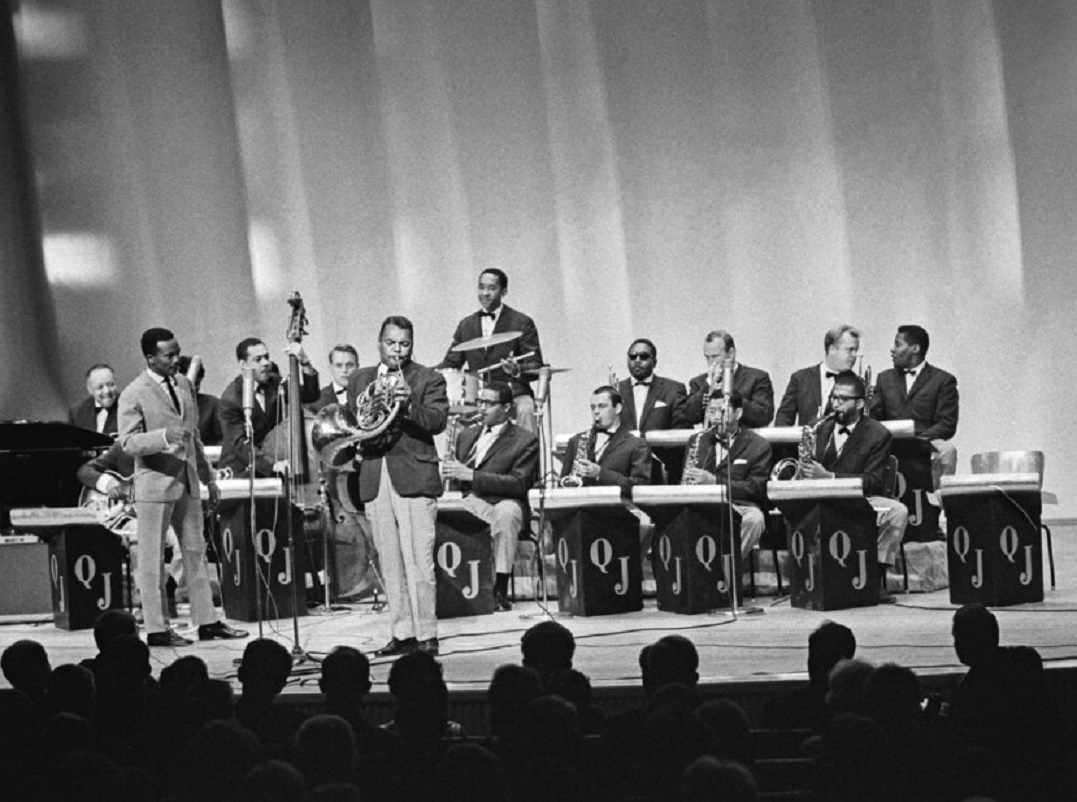 Finnish Heritage Agency, Wikimedia Commons
Finnish Heritage Agency, Wikimedia Commons
12. He Got Involved With A Superstar
As the 1950s came to a close, Jones crossed paths with superstar crooner Frank Sinatra. Though it took a few years for them to actually work together, Jones' work on Sinatra’s second album put him into an entirely new realm of success. Perhaps even more importantly than that, though, Sinatra did something for him that no one else would.
 William P. Gottlieb, Wikimedia Commons
William P. Gottlieb, Wikimedia Commons
13. He Opened The Doors
The Civil Rights Movement picked up steam in the 1960s. But even with race relations starting to change in the US, the music business proved a difficult space to break through as a Black musician. By Jones’ own account, Sinatra made that difference for him, getting him into all the right rooms. And once he got in, he became unstoppable.
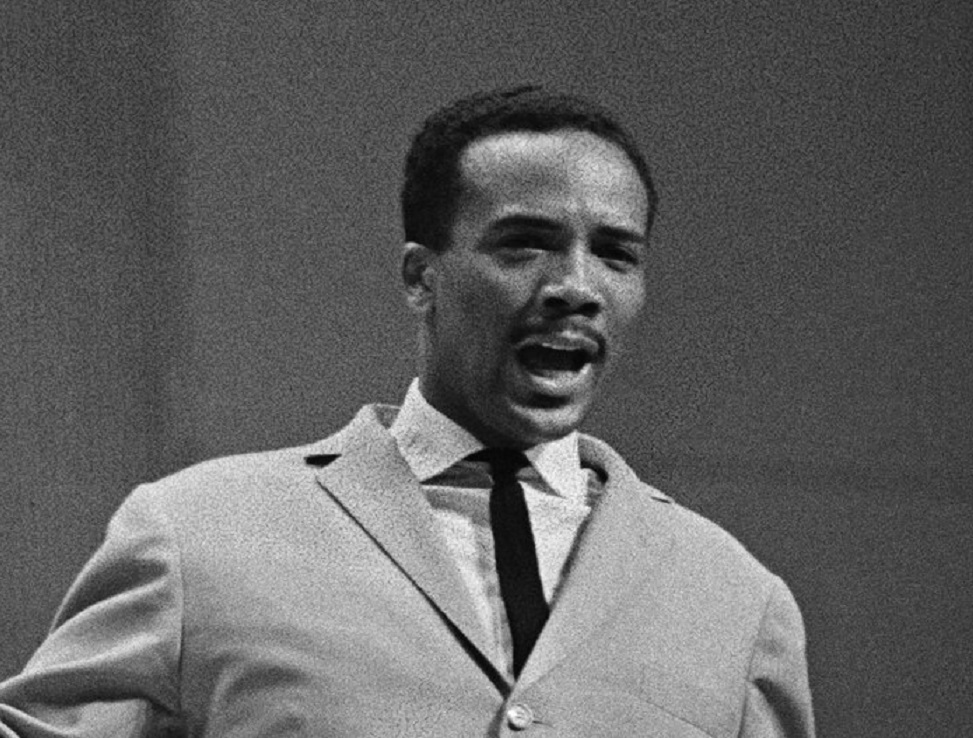 Finnish Heritage Agency, CC BY 4.0, Wikimedia Commons
Finnish Heritage Agency, CC BY 4.0, Wikimedia Commons
14. He Did It First
In 1961, Jones became the very first Black American president of Mercury Records. With the backing of celebrities like Sinatra, and years of experience and acclaim under his belt, he wielded the opportunity into a life changing era. And with his stellar record in music production, an even more star studded opportunity soon came knocking.
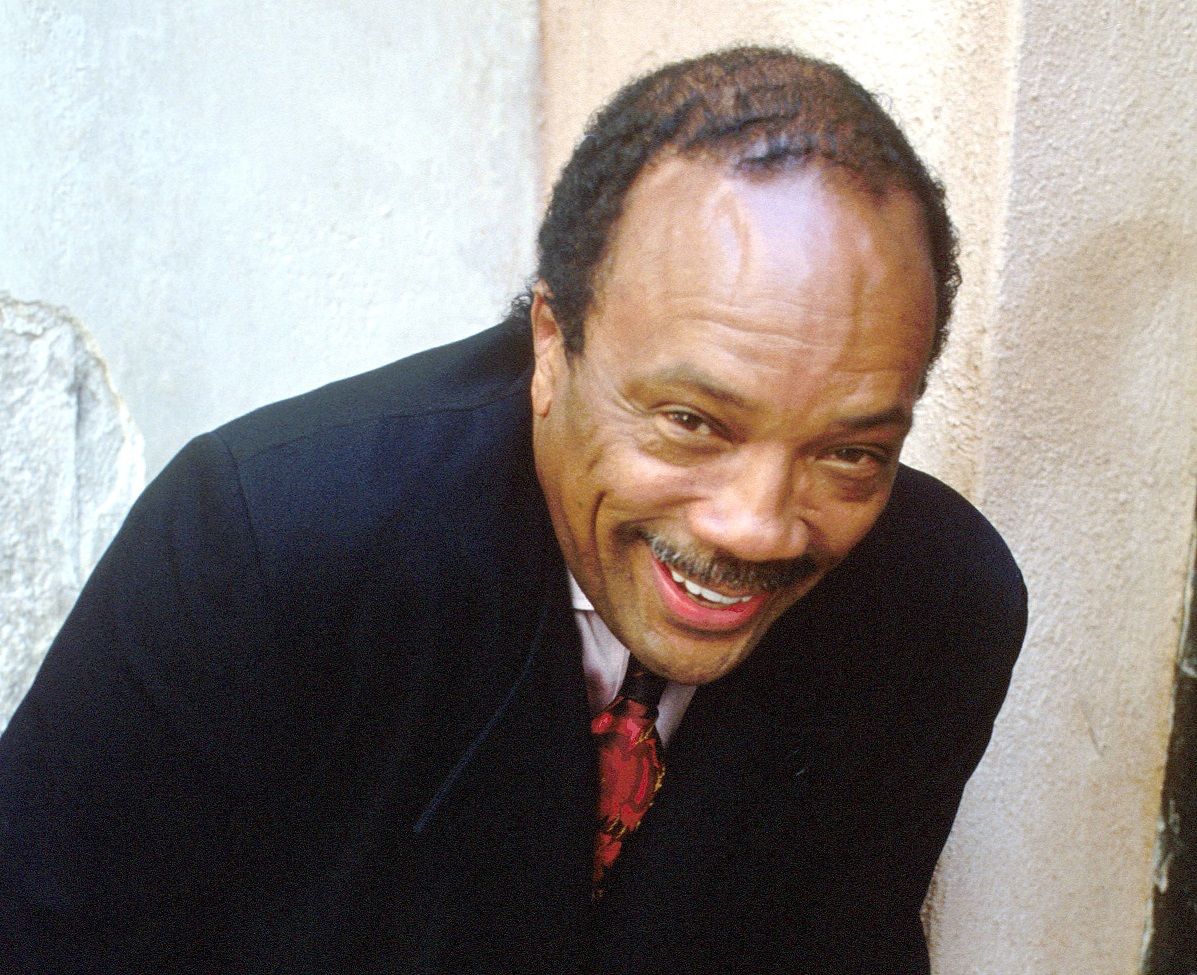 Gorup de Besanez, CC BY-SA 3.0, Wikimedia Commons
Gorup de Besanez, CC BY-SA 3.0, Wikimedia Commons
15. He Hit the Big Screen
Jones first worked as a film composer on the 1964 film, The Pawnbroker. After that, though, he became seemingly unstoppable in the role, going on to compose music for successful films including In Cold Blood and In the Heat of the Night. By all accounts, he’d solidified his position as a music great. But back at home, things looked a lot more bleak.
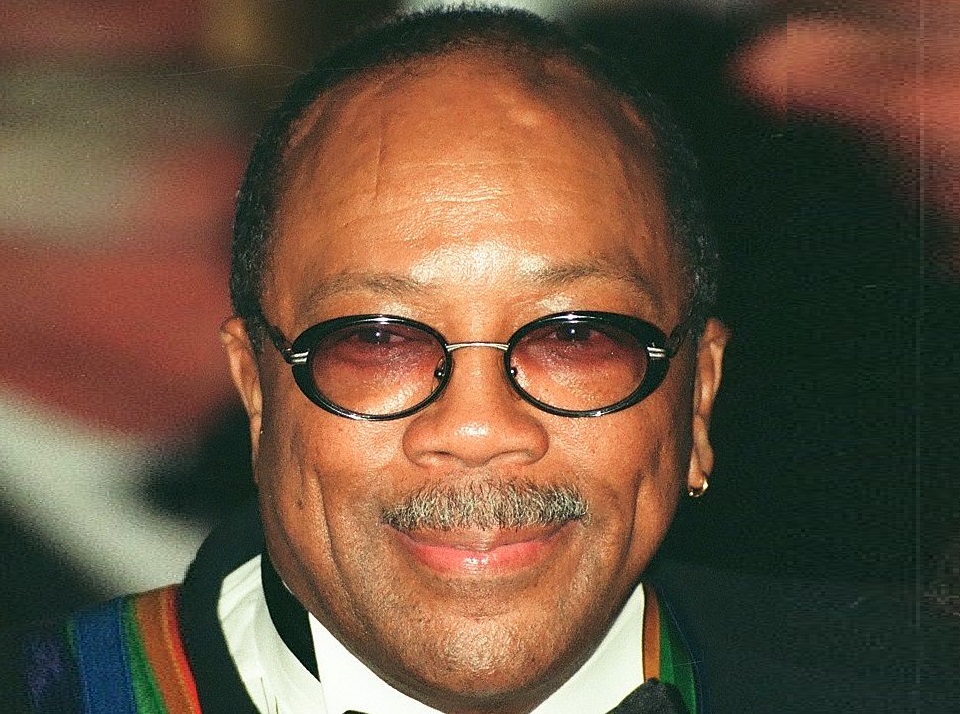 John Mathew Smith & www.celebrity-photos.com, CC BY-SA 2.0, Wikimedia Commons
John Mathew Smith & www.celebrity-photos.com, CC BY-SA 2.0, Wikimedia Commons
16. He Couldn’t Control Himself
In 1963, Jones welcomed his second baby girl—but not with his actual wife. Instead, he’d gotten busy with a dancer named Carol Reynolds. And while Reynolds only turned out to be one of many women he had an affair with, having a whole side baby does seem like a step too far. Eventually, his wife seemed to think just that.
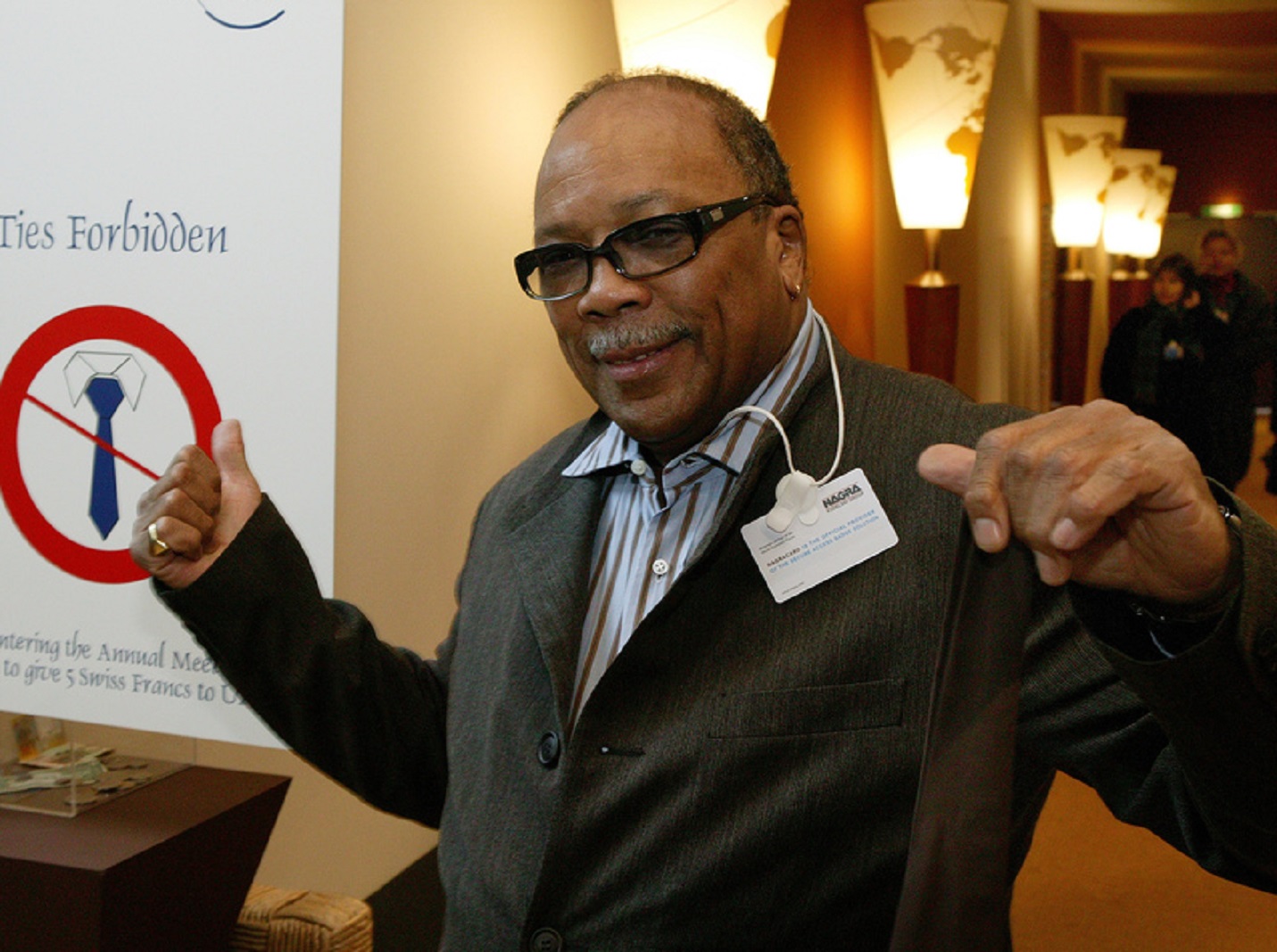 World Economic Forum, CC BY-SA 2.0, Wikimedia Commons
World Economic Forum, CC BY-SA 2.0, Wikimedia Commons
17. Things Fell Apart
Caldwell and Jones finally divorced in 1966, after almost a decade of marriage. Many years later, Jones acknowledged how great a woman she’d been to him, even while he never truly remained faithful to her. And while that seems all nice and well, it gets a lot less nice when you really take a good look at what he did next, and when he did it.
 Canadian Film Centre, CC BY 2.0, Wikimedia Commons
Canadian Film Centre, CC BY 2.0, Wikimedia Commons
18. He Kept It Moving
In that very same year, Jones had a baby with Swedish model, Ulla Andersson. You do the math. Jones met Anderson earlier in 1966, and once the courts finalized his divorce, he married her the very next year. Even with the drama of his romantic life, though, his existence seemed somehow charmed, especially judging by one very unusual coincidence…
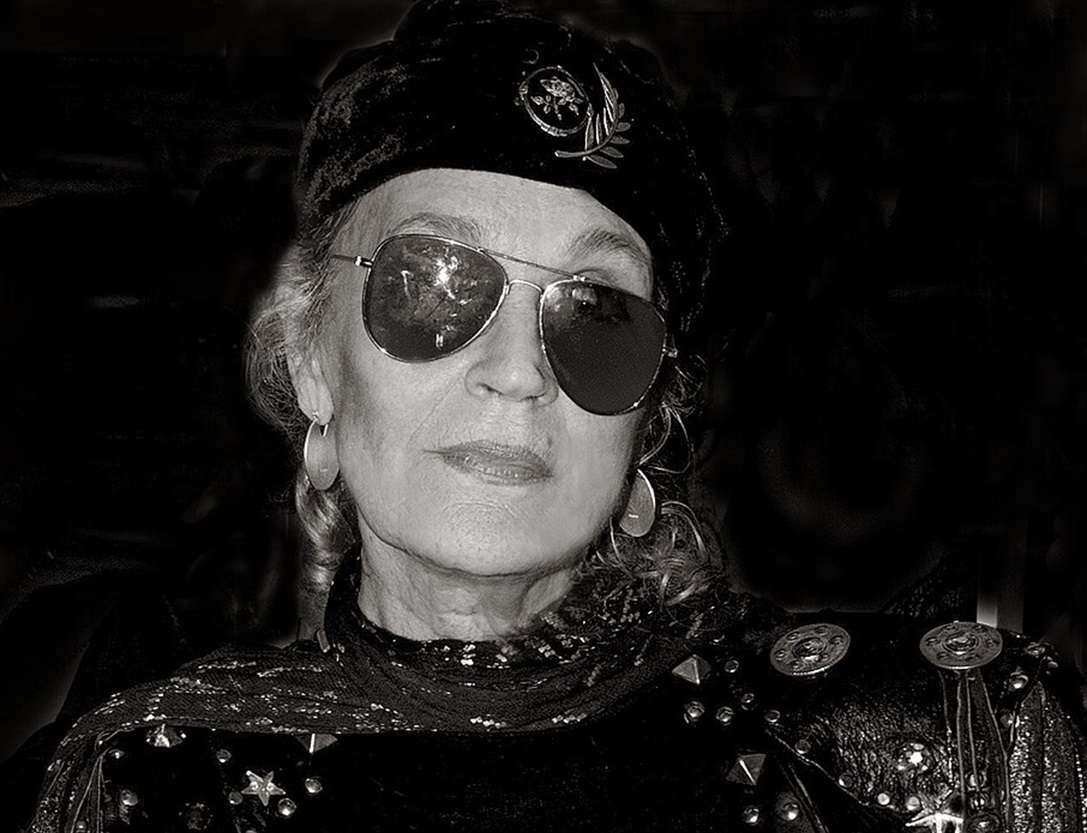 Ulla Andesong, Wikimedia Commons
Ulla Andesong, Wikimedia Commons
19. He Got Extremely Lucky
In 1969, Jones just narrowly missed losing his life in one of the most horrific crimes in US history. According to him, he basically forgot to attend the party at Sharon Tate’s home on the night Charles Manson's cult ended the lives of everyone there. While he didn’t realize his luck until after, it seemed everything he touched turned to gold for a while!
20. He Got With The King
Jones first worked with pop icon Michael Jackson in the 1970s while composing for The Wiz. Impressed with Jones' music production, the pop star asked him to recommend someone to work on his next album. Jones started off recommending other producers, but ultimately landed on himself. It launched him into another stratosphere.
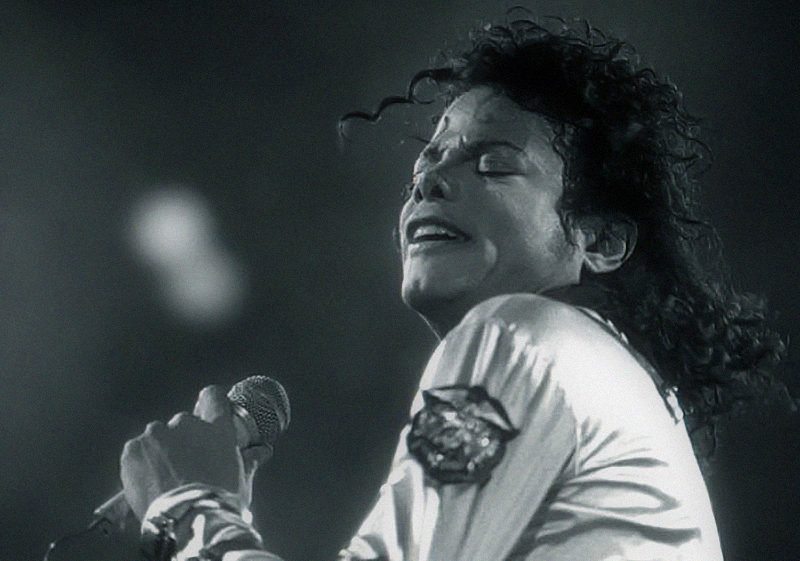 Zoran Veselinovic, CC BY-SA 2.0, Wikimedia Commons
Zoran Veselinovic, CC BY-SA 2.0, Wikimedia Commons
21. He Hit It Big
The album Off the Wall emerged as the fruit of Jackson and Jones’ collaboration. It became an undeniably major success, with about 20 million records sold. Though already very successful, that album and their follow up—Thriller—made Jones himself an icon in the music industry. And with that, it seems he decided he could get away with anything.
22. He Did It Again
In the same interview where Jones admitted to being unfaithful to his first wife, he claimed he never stepped out on his second wife, Andersson. They did go on to have a second child, and seemed to have several happy years together. But in 1974, the two officially divorced. Take one guess at what he did the very next day.
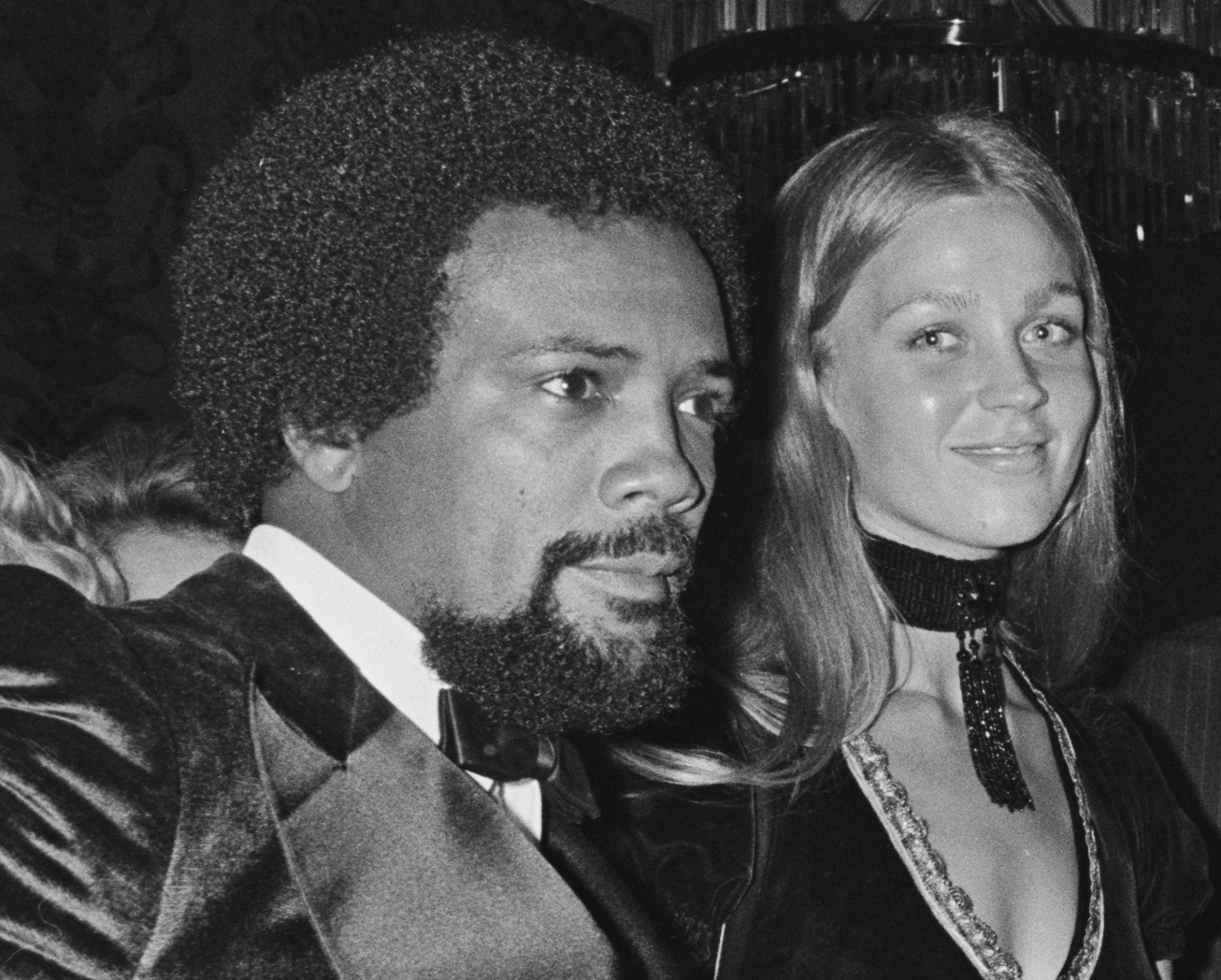 Michael Ochs Archives, Getty Images
Michael Ochs Archives, Getty Images
23. He Couldn’t Be Alone
It seems Jones either had an insatiable appetite for “romance” or he just couldn’t deal with being alone. He married his third wife literally one day following his second marriage officially coming to an end. This time, Peggy Lipton was the “lucky” lady. And as I’m sure you’ve figured out by now, they didn’t meet for the first time on the day of the wedding.
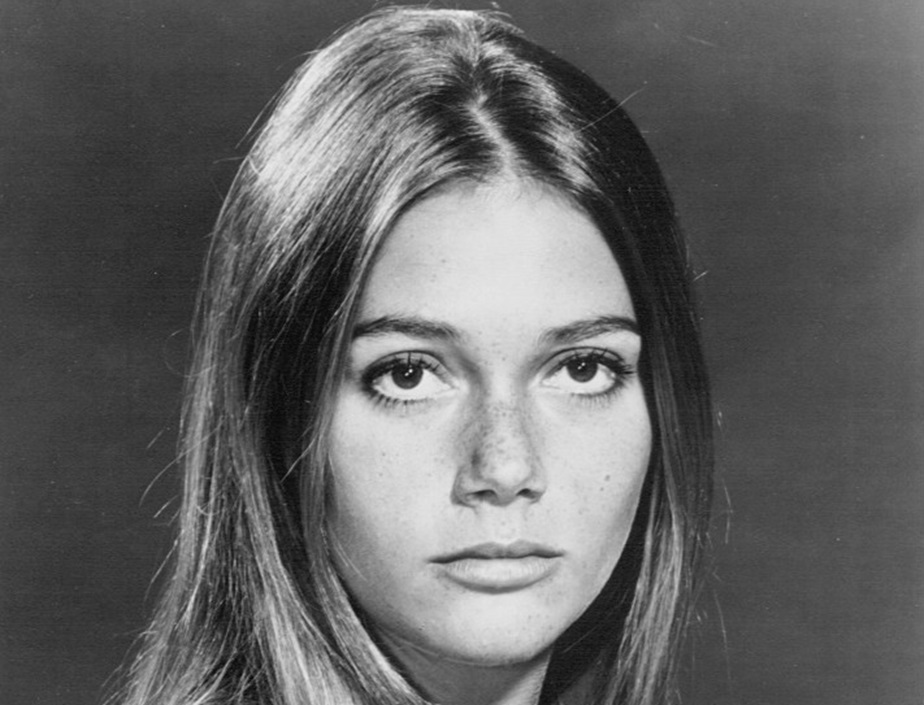 ABC Television, Wikimedia Commons
ABC Television, Wikimedia Commons
24. He Drew Her Eye
Lipton’s account of meeting Jones for the first time sounds very oddly like that of his first wife. She knew about his then wife, Andersson, but still said she immediately felt pulled to him and that he might be her husband. So said so done, it appears, despite their decade plus age gap. But perhaps something else that year nearly scared him straight.
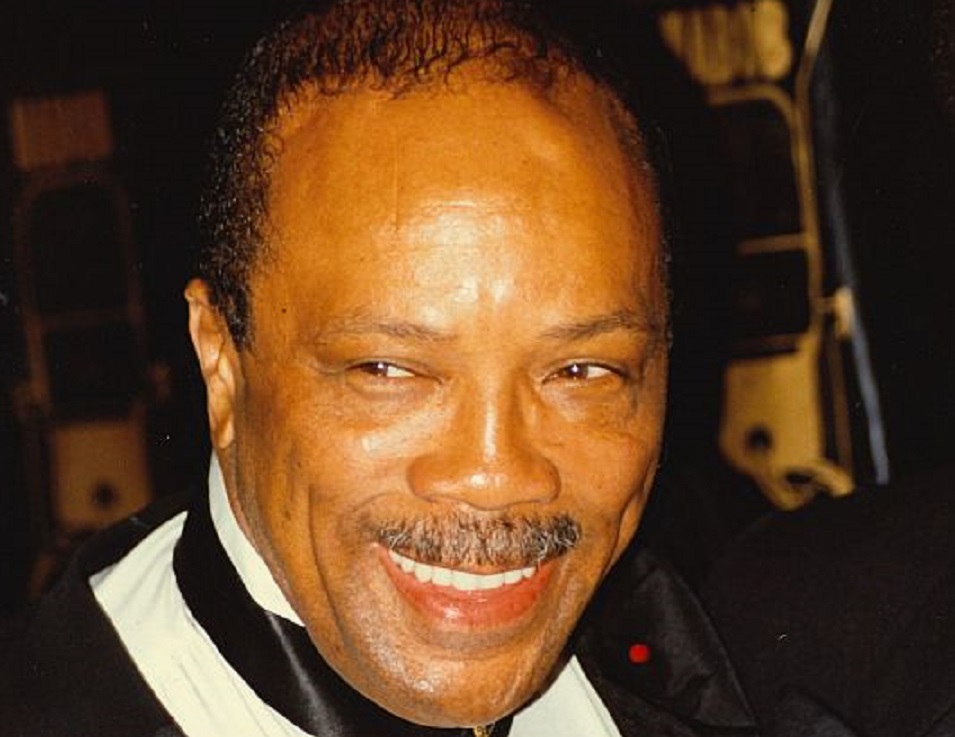 John Mathew Smith & www.celebrity-photos.com, CC BY-SA 2.0, Wikimedia Commons
John Mathew Smith & www.celebrity-photos.com, CC BY-SA 2.0, Wikimedia Commons
25. He Saw The Light
The same year he remarried for the third time, Jones experienced a frightening brush with death when he experienced a brain aneurysm. Now in his early 40s, he took the ailment as a sign that he needed to focus more on spending time with his family. This did well for Lipton as they began their marriage, but, unfortunately, things got much worse before they got better.
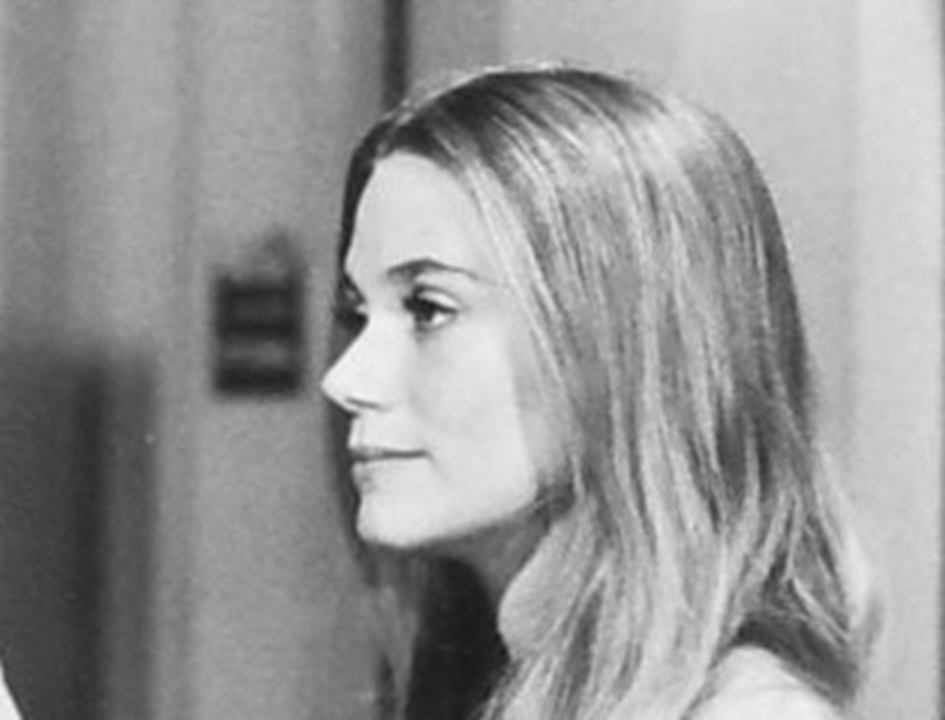 ABC Television, Wikimedia Commons
ABC Television, Wikimedia Commons
26. He Neared The End
As Jones' health continued to deteriorate, doctors decided to perform multiple brain surgeries on him. His family rallied around him, but feared the treatment might not actually save him. As such, they planned a memorial service he could attend, which he did with a doctor at his side. Surprisingly, he actually did recover, though not without one final scare.
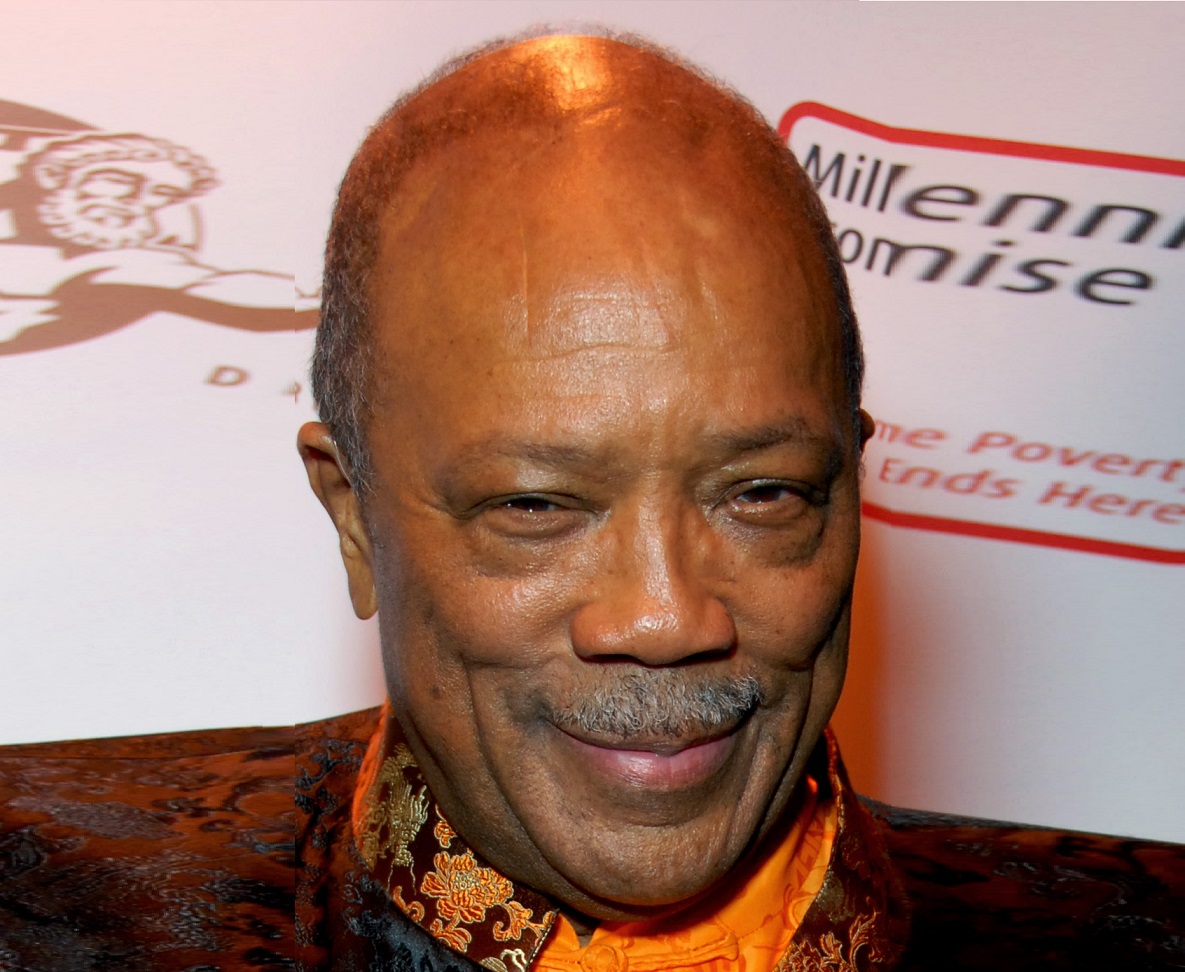 Toglenn, CC BY-SA 3.0, Wikimedia Commons
Toglenn, CC BY-SA 3.0, Wikimedia Commons
27. He Was Stubborn
After his surgeries, doctors admonished Jones to put down his trumpet permanently, as that could interfere with the metal plate in his brain. He went on a tour abroad instead. But after a major post-performance headache got to him, he put his beloved instrument down for good. That didn’t mean he was done, though—with his career or the shenanigans in his private life.
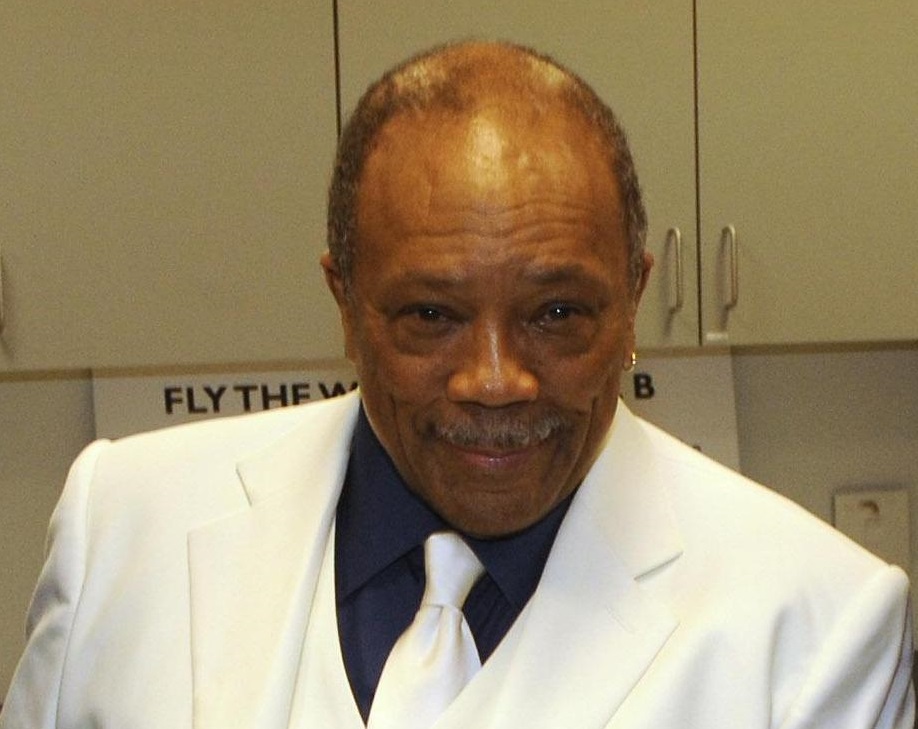 Bill Ingalls, Wikimedia Commons
Bill Ingalls, Wikimedia Commons
28. He Tried Something New
By the 1980s, Jones found himself revived and ready to add a new role to his extensive resume—film producer. And, as you should probably expect by now, he succeeded there as well. His debut film, The Color Purple, garnered several Oscar nominations, including one for his music scoring. But he didn’t just make the movie—he made certified superstars.
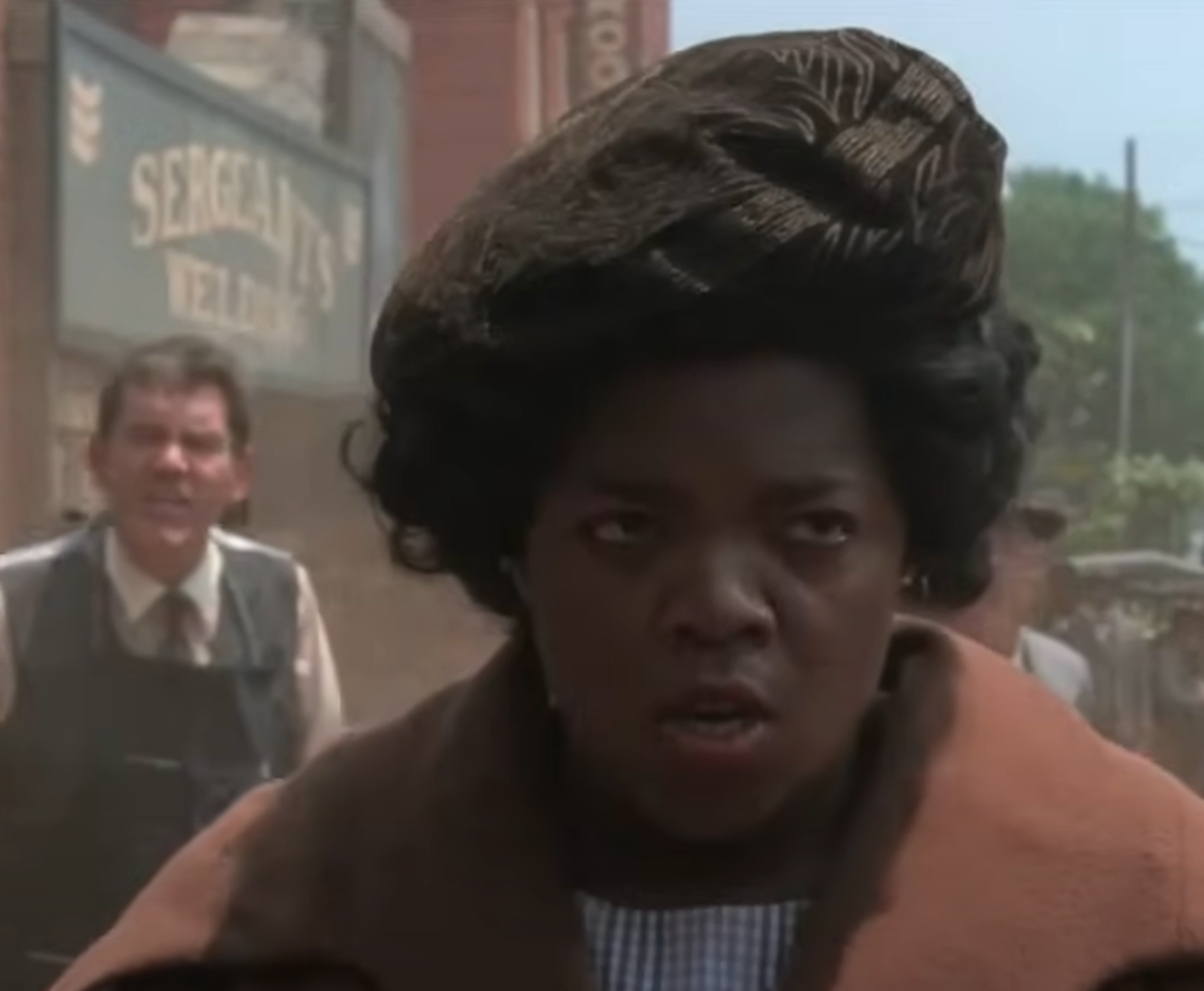 Warner Bros., The Color Purple (1986)
Warner Bros., The Color Purple (1986)
29. He Elevated
Through casting them for leading roles in The Color Purple, many people credit Jones with launching the careers of two now household names in Hollywood—Oprah Winfrey and Whoopi Goldberg. The film truly changed the trajectory of their careers. But, in an unexpected twist of fate, the film also threatened Jones' health.
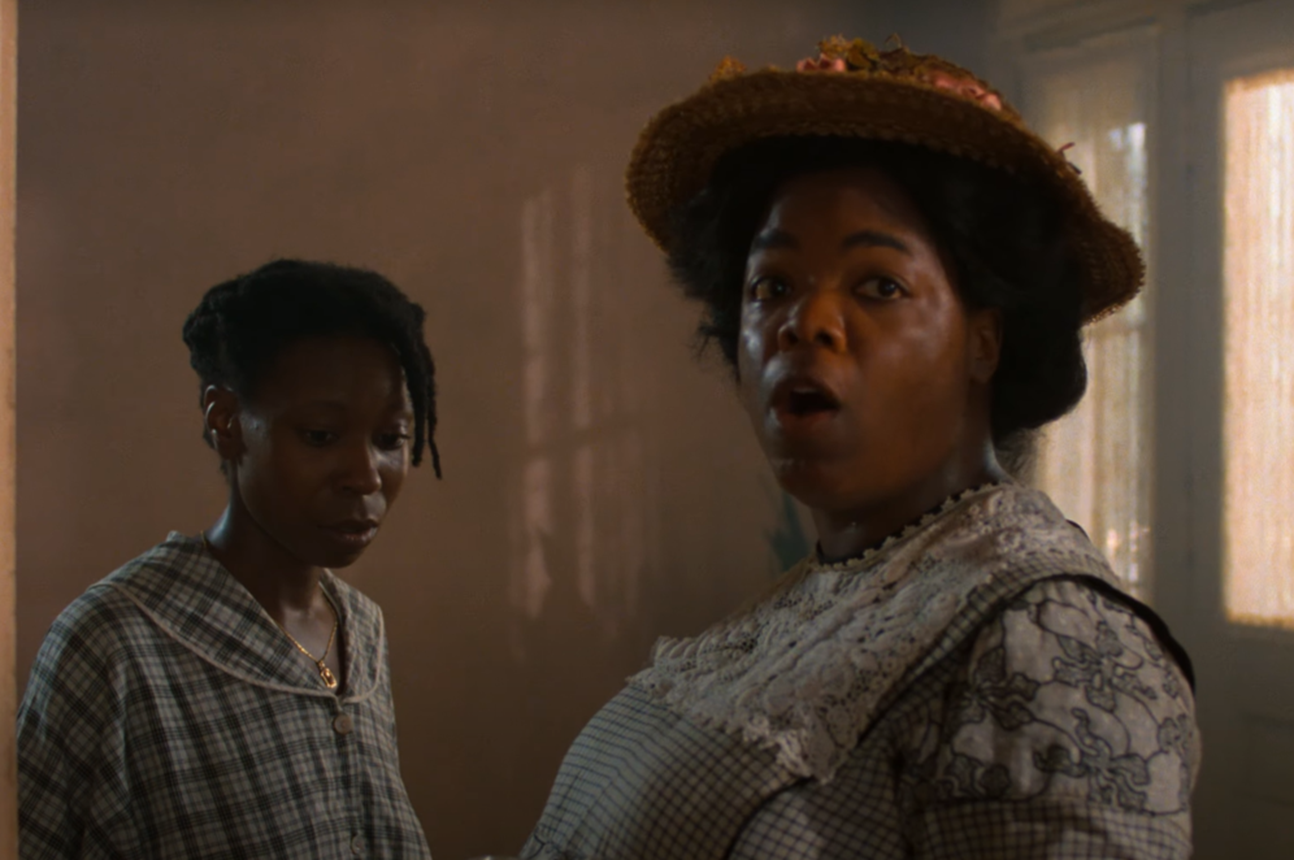 Warner Bros., The Color Purple (1986)
Warner Bros., The Color Purple (1986)
30. He Fell Apart
In a very rare moment of weakness, Jones later admitted to struggling with his mental health after completing production on his first film as a producer. According to him, he just took on too much, and nearly crumbled under the stress of bringing the final product to audiences. He persevered, though, somehow still moving from achievement to achievement.
 Canadian Film Centre, CC BY 2.0, Wikimedia Commons
Canadian Film Centre, CC BY 2.0, Wikimedia Commons
31. He Made It Happen
In a move that still stands as one of the greatest moments in American music, Jones produced a star-studded record for charity. The result, a song titled “We are the World”, featuring huge names like Michael Jackson and Cyndi Lauper, remains an anthem of hope. With film, music, and even charitable giving conquered, Jones seemed to turn to one final frontier.
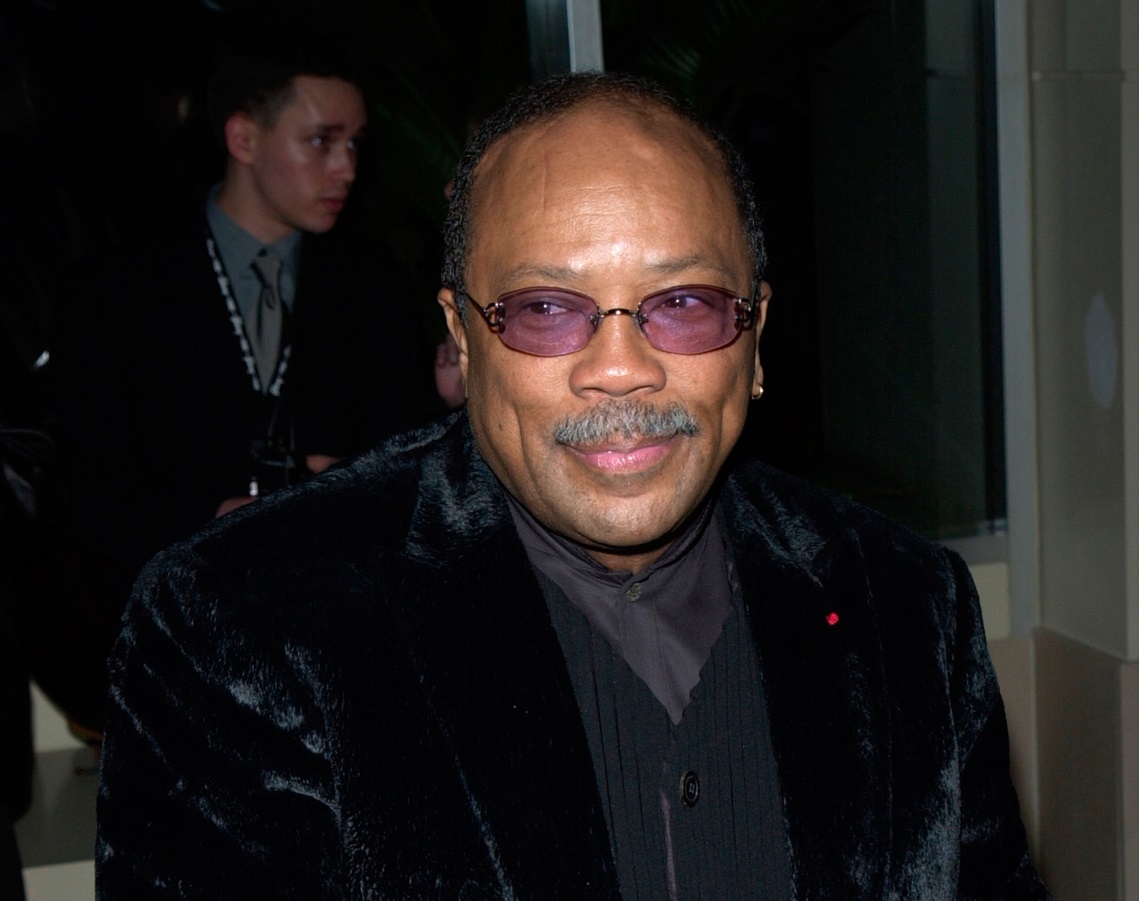 Featureflash Photo Agency, Shutterstock
Featureflash Photo Agency, Shutterstock
32. He Made A Move
Jones made his foray into television after a merger with Time Warner in 1990. Several successful projects came out of his deal, with one of the most recognizable being the launch of the wildly popular television show The Fresh Prince of Bel-Air that same year. And what of his personal life, you may ask? Well—more of the unstable same.
33. He Moved On (AGAIN!)
After over a decade of marriage and two children together, Jones and his third wife divorced in 1989. The details surrounding his divorce are few, and he claimed he didn't cheat on her either. But, in all honesty, I wouldn't be surprised if he did. And though he seemed done with marriage after Lipton, he proved far from done with dating.
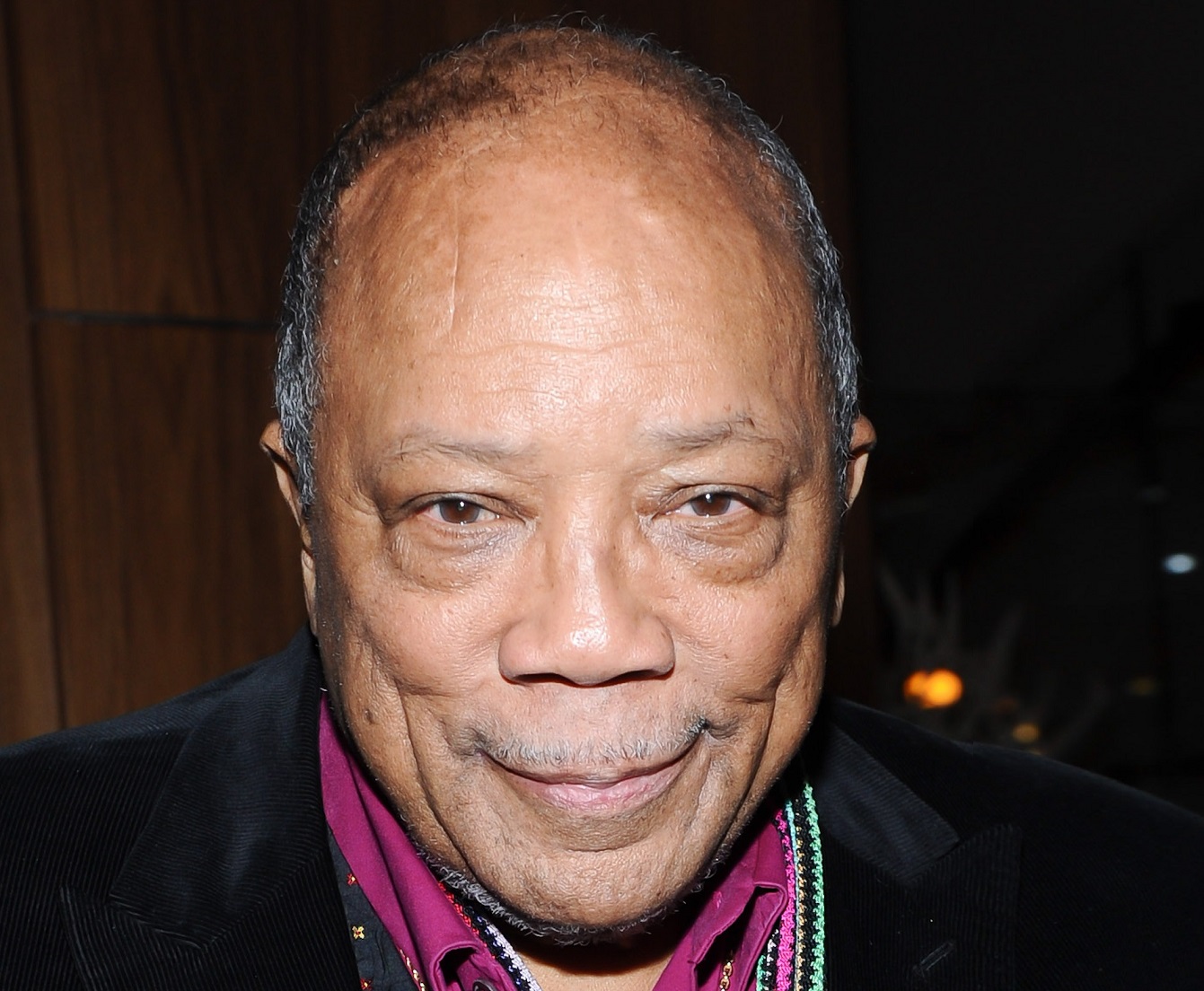 Canadian Film Centre, CC BY 2.0, Wikimedia Commons
Canadian Film Centre, CC BY 2.0, Wikimedia Commons
34. He Never Stopped
Jones went on to have a very active love life, including trysts with his publicist, a former playboy bunny, and a certain Trump daughter. He also developed quite the reputation for dating women a lot younger than him. And he bore no shame about it at all. In fact, in one interview later in life, he shared some pretty shocking numbers about his love life.
35. He Was A Certified Loverboy
During an interview in his 80s, Jones claimed to be dating over 20 women at the very same time. Even more, he claimed his girlfriends lived all over the world, from Stockholm to Cairo. And though that does sound pretty international, one notable rapper did have very strong opinions that seemed to dictate a pretty questionable preference.
 Tom Pich, Public domain, via Wikimedia Commons
Tom Pich, Public domain, via Wikimedia Commons
36. A Rapper Called Him Out
In 1993, rapper Tupac Shakur called Jones out for a quality all his romantic interests seemed to have in common—their white skin. Reportedly, Jones and his daughter replied with fierce anger. They later resolved their issues, but the jury is still out on Jones’ preferences, history considered. Even with that hiccup, though, Jones never lost his social status.
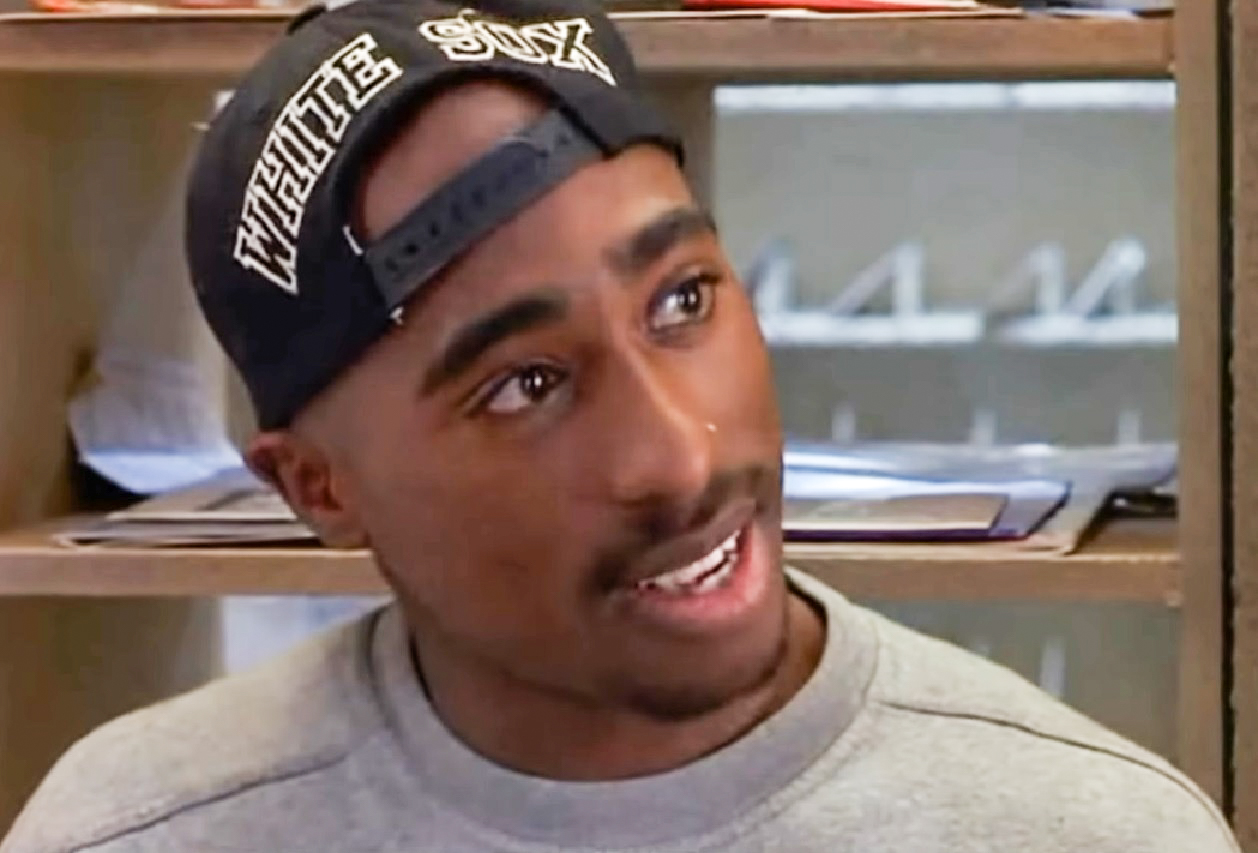 Columbia, Poetic Justice (1993)
Columbia, Poetic Justice (1993)
37. He Stayed Relevant
In his later years, Jones continued to work in the entertainment industry. Notably, he collaborated on the production of An American Reunion to celebrate the inauguration of President Clinton, and appeared as himself in several shows over the years. Even so, he proved not quite ready to step away from the drama.
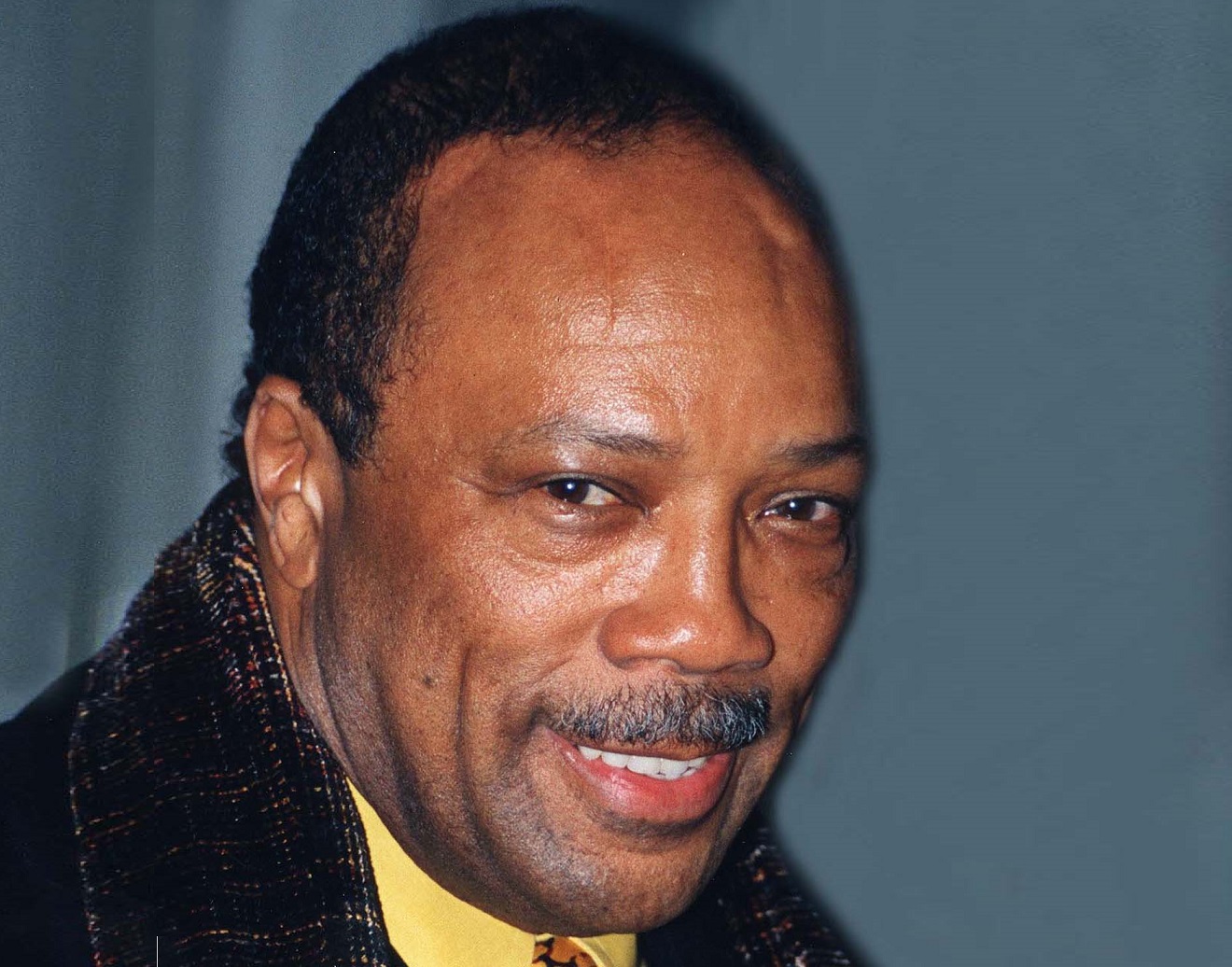 Kingkongphoto & www.celebrity-photos.com, CC BY-SA 2.0, Wikimedia Commons
Kingkongphoto & www.celebrity-photos.com, CC BY-SA 2.0, Wikimedia Commons
38. He Made His Case
In the early 2010s, Jones found himself back at the forefront of industry gossip when rumors about him suing the Jackson estate started to surface. It stung in a different way, considering the star’s unexpected passing a few years before, but perhaps that partly explains some of the things Jones went on to say in one inflammatory 2018 interview.
 Canadian Film Centre, CC BY 2.0, Wikimedia Commons
Canadian Film Centre, CC BY 2.0, Wikimedia Commons
39. He Let It All Out
In 2018, a then 84-year-old Jones sat down for an interview with Vulture in his own home. There’s no telling what exactly the interviewer expected when he sat down with the music mogul. But what he ended up with was a slate of totally shocking claims about the people Jones worked with over the years, starting with a certain deceased king of pop.
 Angela George, CC BY-SA 3.0, Wikimedia Commons
Angela George, CC BY-SA 3.0, Wikimedia Commons
40. He Didn’t Like Him
Jones began the interview by reflecting on his time with Michael Jackson. He claimed the pop superstar not only kept people from making money on songs they contributed to, but also stole songs from other artists. Jones seemed fairly disgusted with Jackson's behavior, but that just barely scratched the surface when it came to everything he revealed.
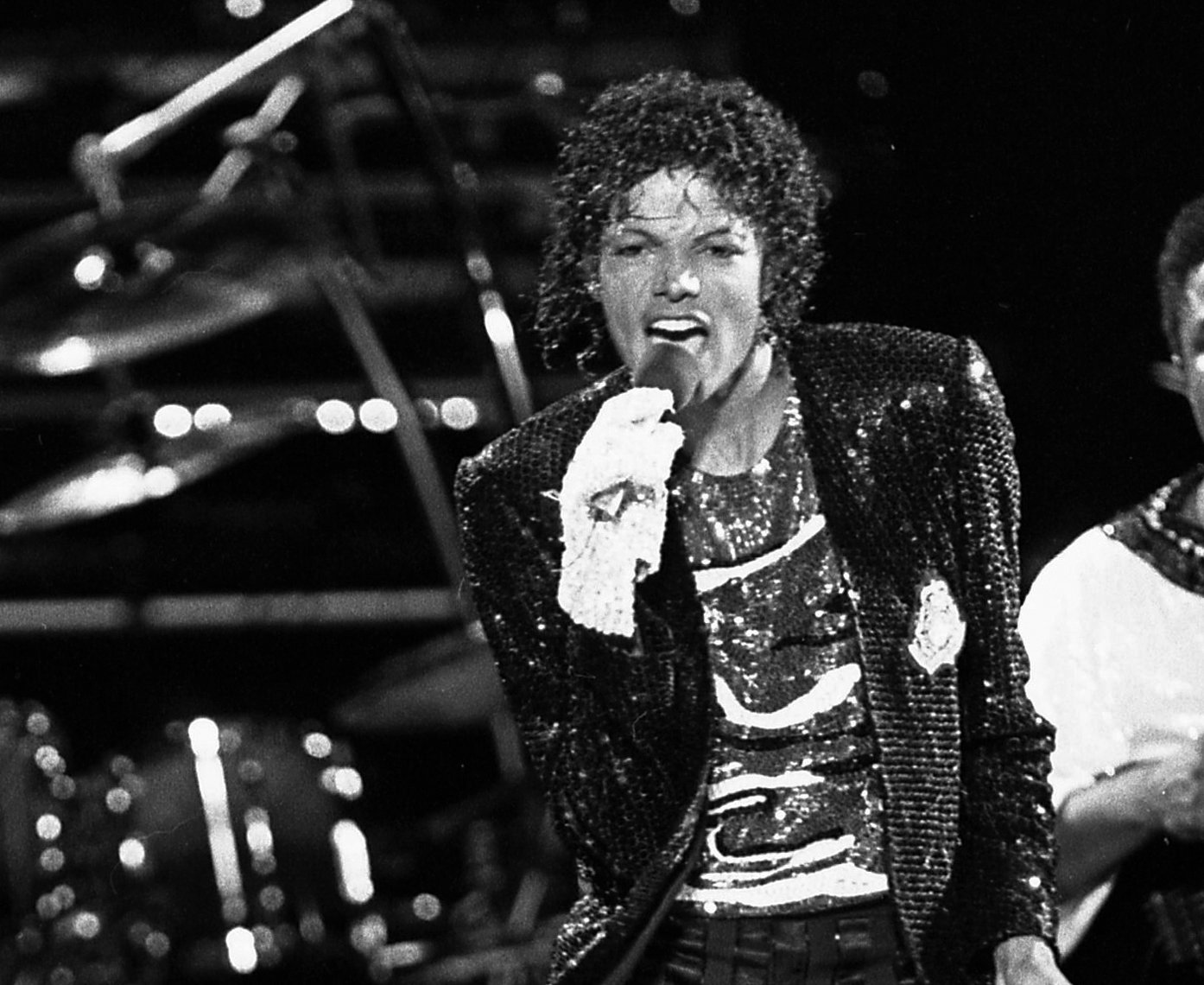 Larry Davis, CC BY 4.0, Wikimedia Commons
Larry Davis, CC BY 4.0, Wikimedia Commons
41. He Had His Conspiracies
While talking about his political affiliations, Jones claimed to know exactly who took the life of President John F Kennedy. According to him, a Chicago mafia head organized the incident in ties with some type of plan to affect the 1960 election. Jones diverted the conversation pretty quickly from there, but to another spicy subject.
 Abbie Rowe, National Park Service, Wikimedia Commons
Abbie Rowe, National Park Service, Wikimedia Commons
42. He Had Some Heated Music Opinions
Of course, Jones had a whole lot to say about music over the years. On one hand, he pretty much declared rock music to be the White version of R&B. On another, he thought The Beatles were terrible musicians despite their fame and acclaim. And if you’re thinking he might’ve felt he should stop by that point, you thought wrong.
 Canadian Film Centre from Toronto, Canada, CC BY 2.0, Wikimedia Commons
Canadian Film Centre from Toronto, Canada, CC BY 2.0, Wikimedia Commons
43. He Made A Shocking Claim
Perhaps the most surprising thing he said in the interview turned out to be his comments on the romantic preferences of some well known stars. He claimed classic American Actor Marlon Brando got down with just about anybody. And according to him, anybody included both Marvin Gaye and James Baldwin. As you can imagine, the interview didn’t go over well.
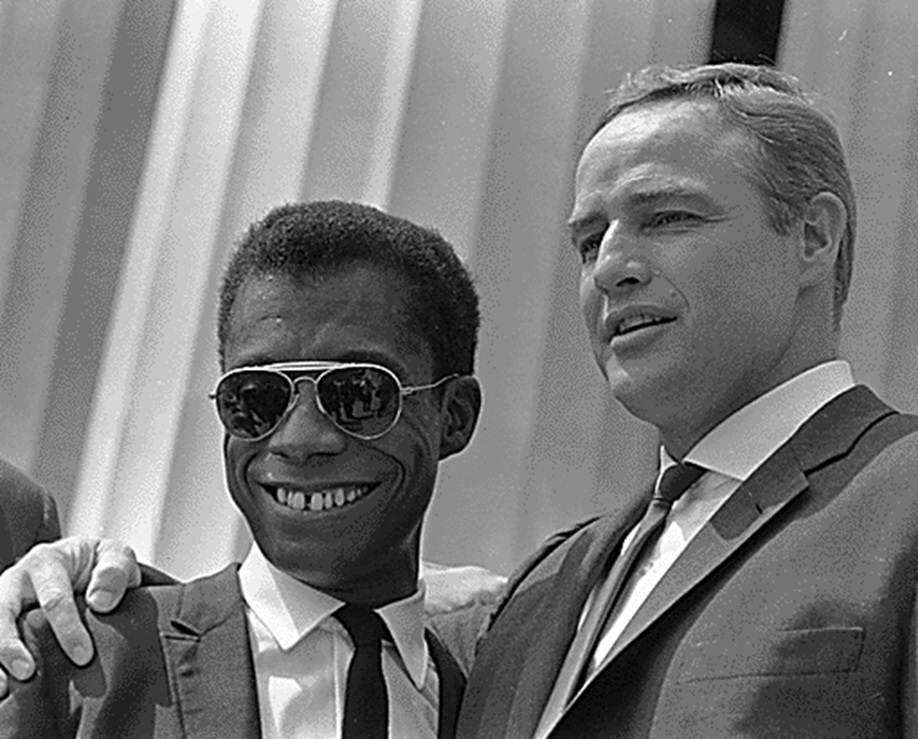 U.S. Information Agency, Wikimedia Commons
U.S. Information Agency, Wikimedia Commons
44. He Made Headlines
The interview went viral. Jones' most salacious quotes about the entertainment industry’s stars started popping up all over the place. Perhaps, after decades of doing his thing with little to no backlash, Jones didn’t expect things to escalate like they did. But he didn’t get away this time, and his six daughters had to reign him in.
45. They Pulled Him Up
After the interview went live, Jones' daughters apprehended him to discuss his comments. As a result, he posted an official apology on Twitter shortly thereafter. Very notably, though, he didn’t actually say that anything he said in the interview wasn’t true. Luckily for him, though, he recovered well, and perhaps with good reason.
46. He Gave Back
Over the entirety of his decades-long career, Jones made a point of giving both his time and resources to support charitable causes. This spanned from support of Martin Luther King in the 1960s to serving with the Jazz Foundation of America in the 2000s. As much as he gave, though, he also received back in recognition and fame.
 Canadian Film Centre, CC BY 2.0, Wikimedia Commons
Canadian Film Centre, CC BY 2.0, Wikimedia Commons
47. They Recognized His Work
Jones won several prestigious awards for his work. The total award count includes a Tony Award, Primetime Emmy Award, 28 Grammy Awards and several award nominations. He also received his star on the Walk of Fame alongside other icons. Perhaps even more than his work being honored, though, were those honors he received for his life.
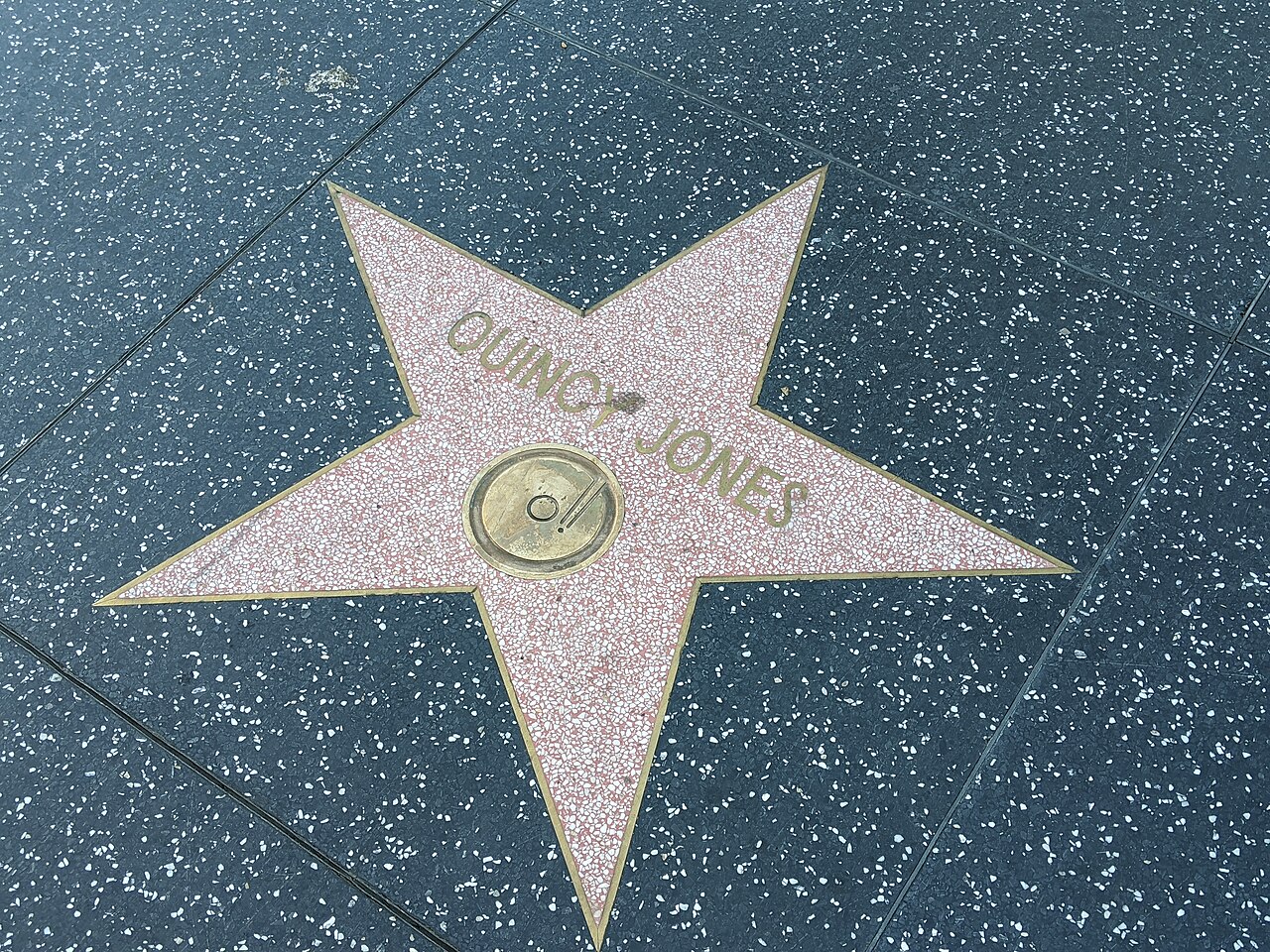 Jeremy Thompson, CC BY 2.0, Wikimedia Commons
Jeremy Thompson, CC BY 2.0, Wikimedia Commons
48. He Got His Flowers
Jones received multiple awards honoring his character and time in the industry, including a Humanitarian Award from the BET Awards. In 2008, the first Black US president also honored him with the National Medal of the Arts. By the time his last days on earth finally came, Jones boasted a truly incomparable life and career.
 Medill DC, CC BY 2.0, Wikimedia Commons
Medill DC, CC BY 2.0, Wikimedia Commons
49. The Music Stopped
On November 3, 2024, the news came as a shock—Quincy Jones had passed at home. Even though he was in his early 90s, it seemed his fans still didn’t see it coming, with many taking to social media to celebrate his life and mourn the loss. His family buried him shortly after, but not without the messages of a group as star-studded as the life he led.
 CJHitMisson2022, CC BY-SA 4.0, Wikimedia Commons
CJHitMisson2022, CC BY-SA 4.0, Wikimedia Commons
50. They Honored Him
Several celebrities paid tribute to Jones after his passing, thanking him for helping them personally and through his work in the industry over the years. This included entertainers across genres, like Will Smith, Morgan Freeman, and John Legend. And, as they all seem to note, Jones' body may be buried, but his legacy will continue forever.
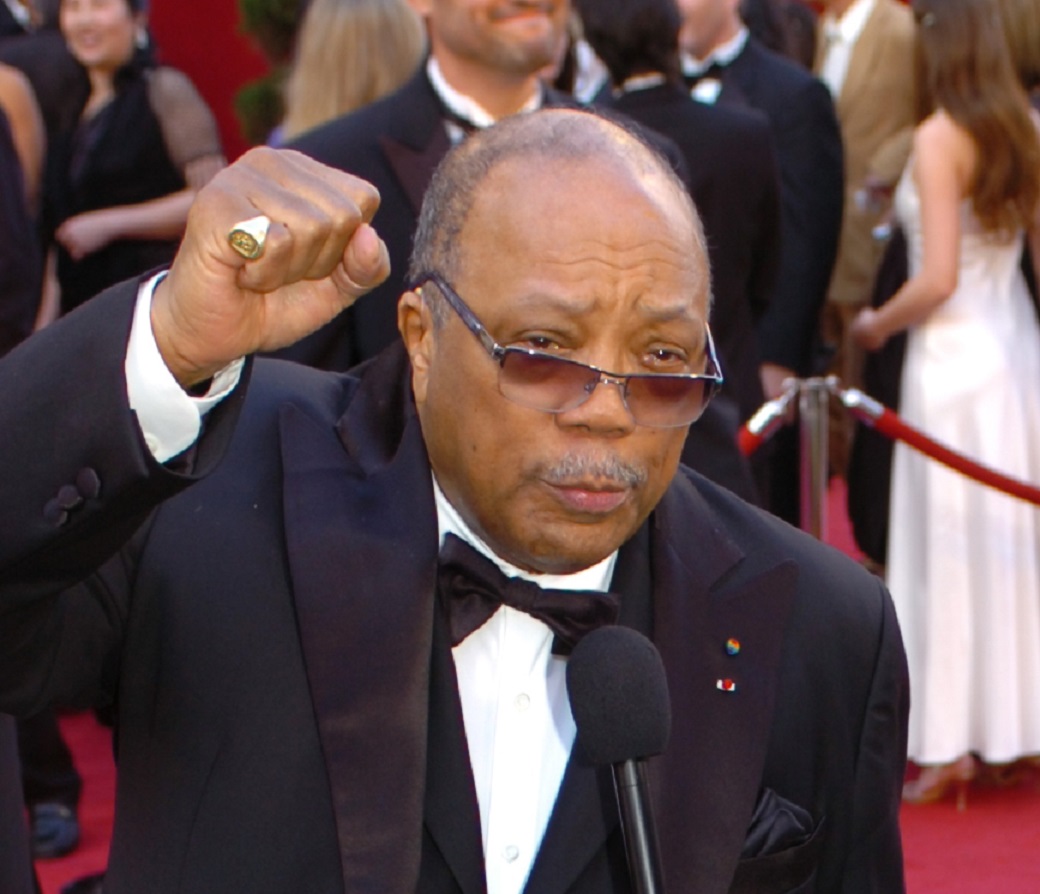 Sgt. Michael Connors, Wikimedia Commons
Sgt. Michael Connors, Wikimedia Commons

